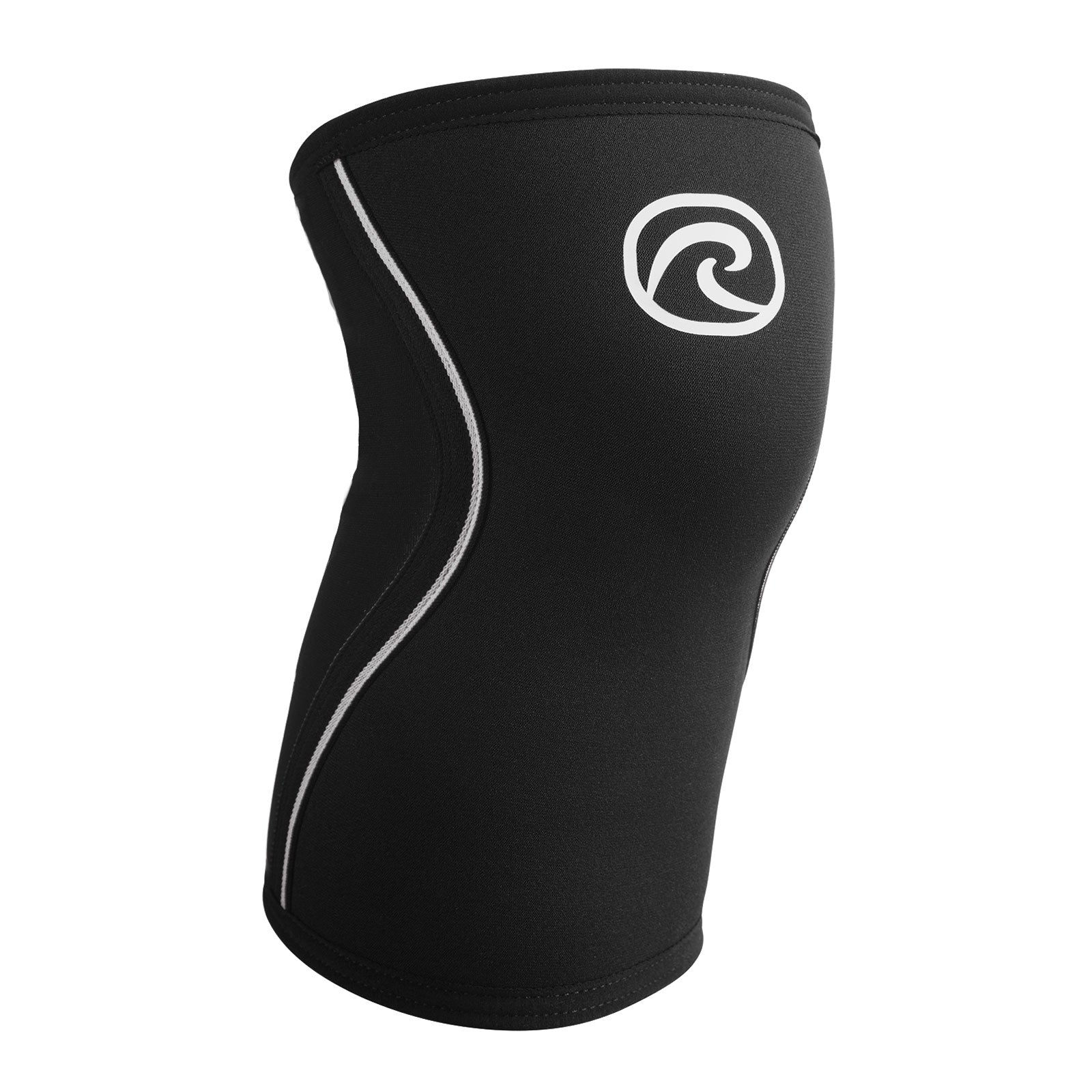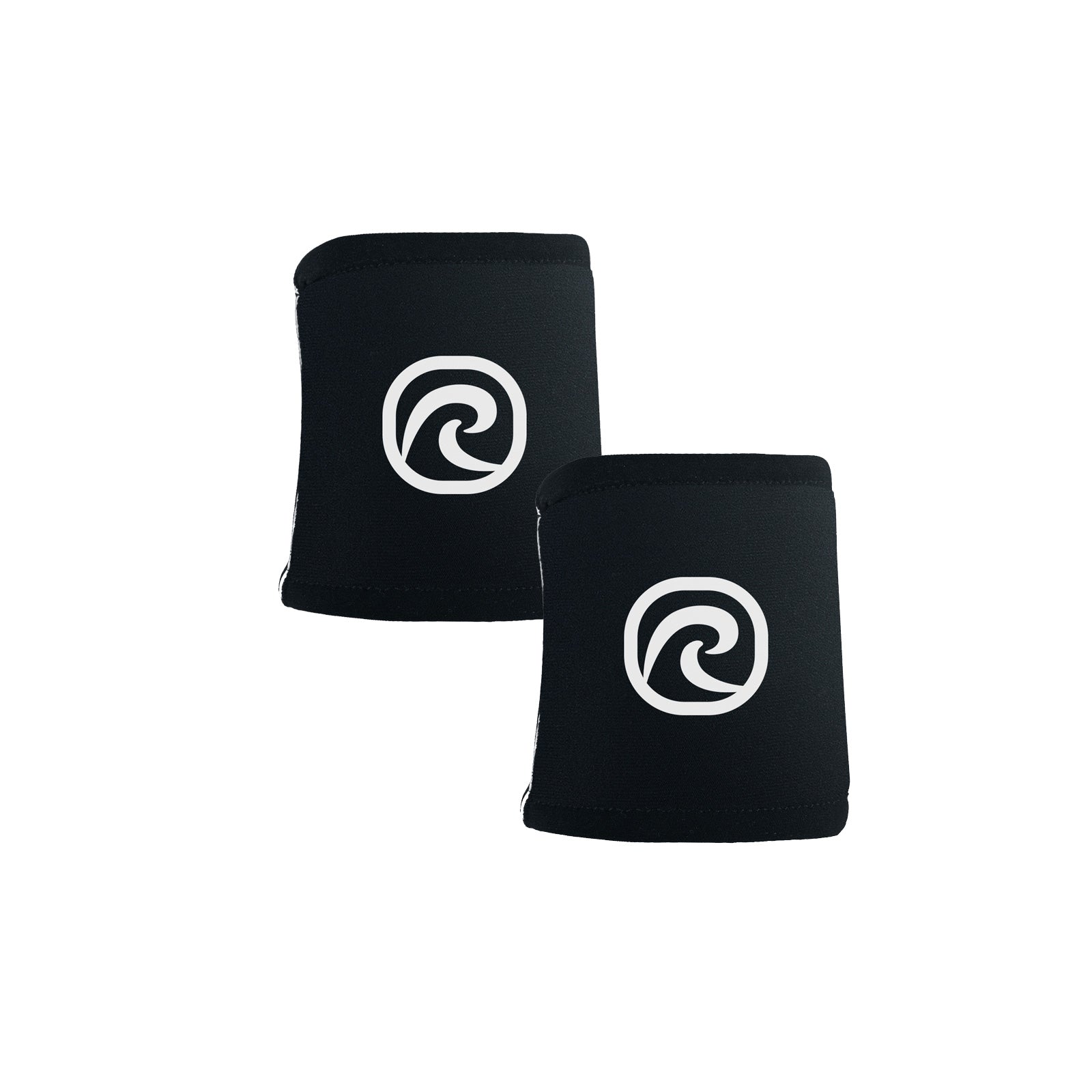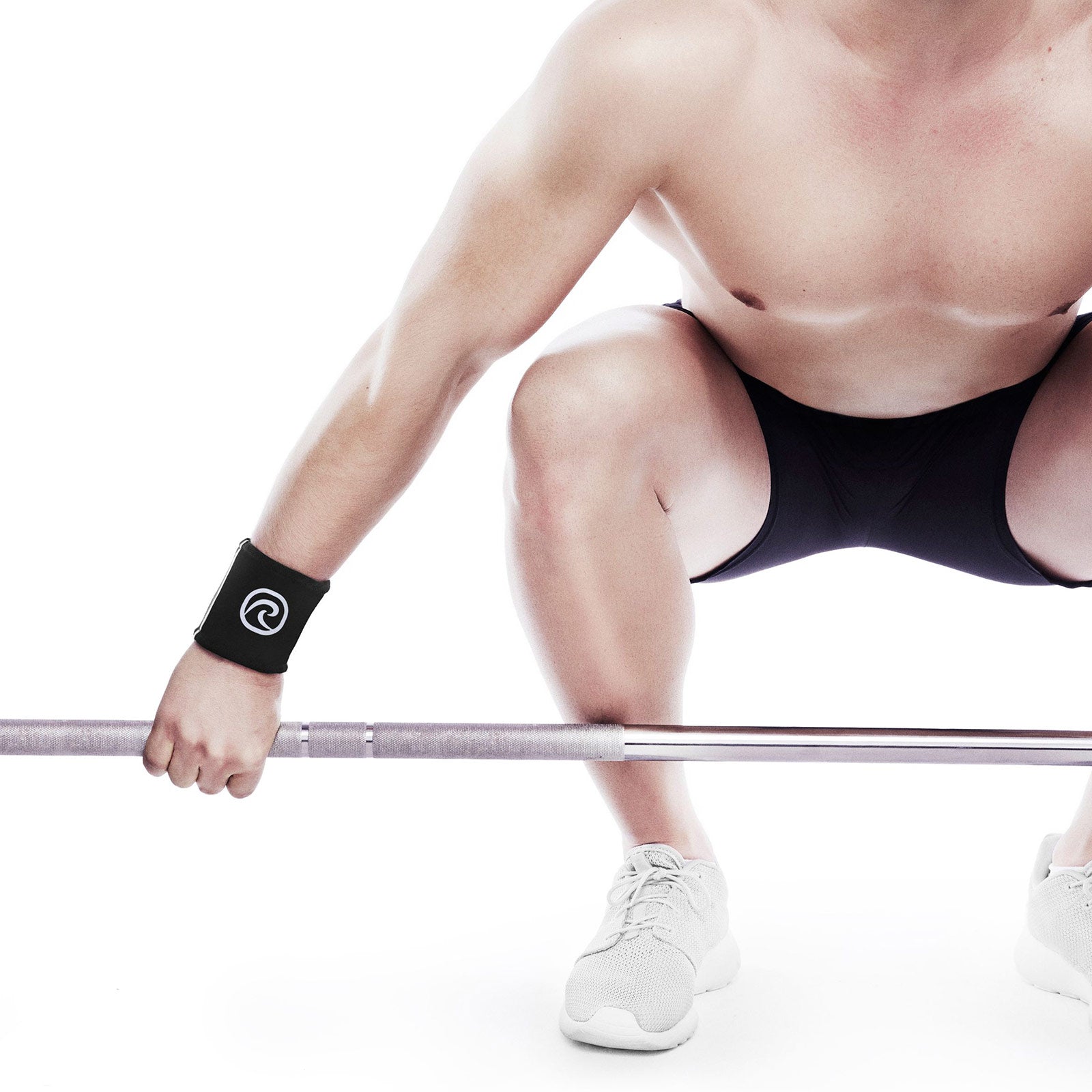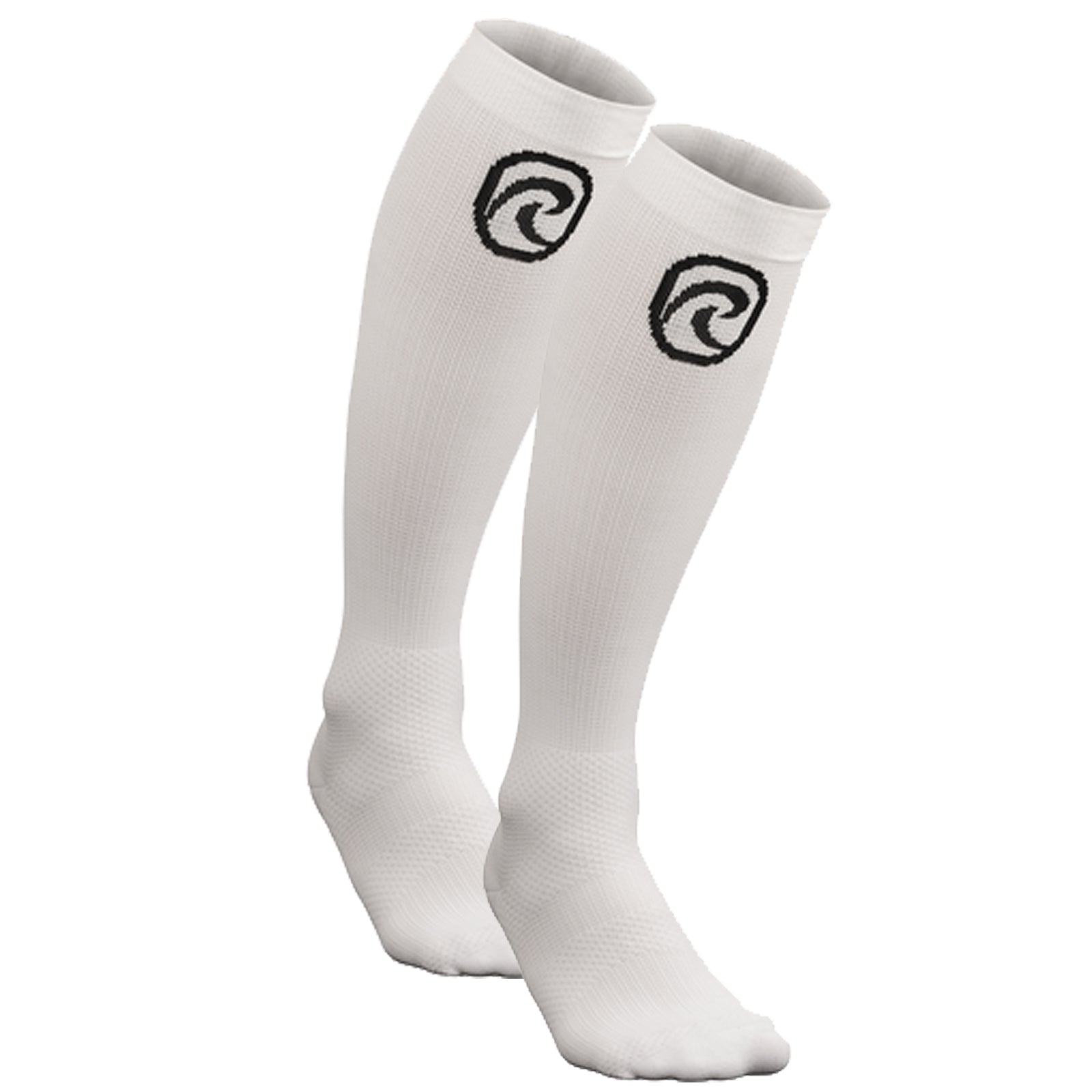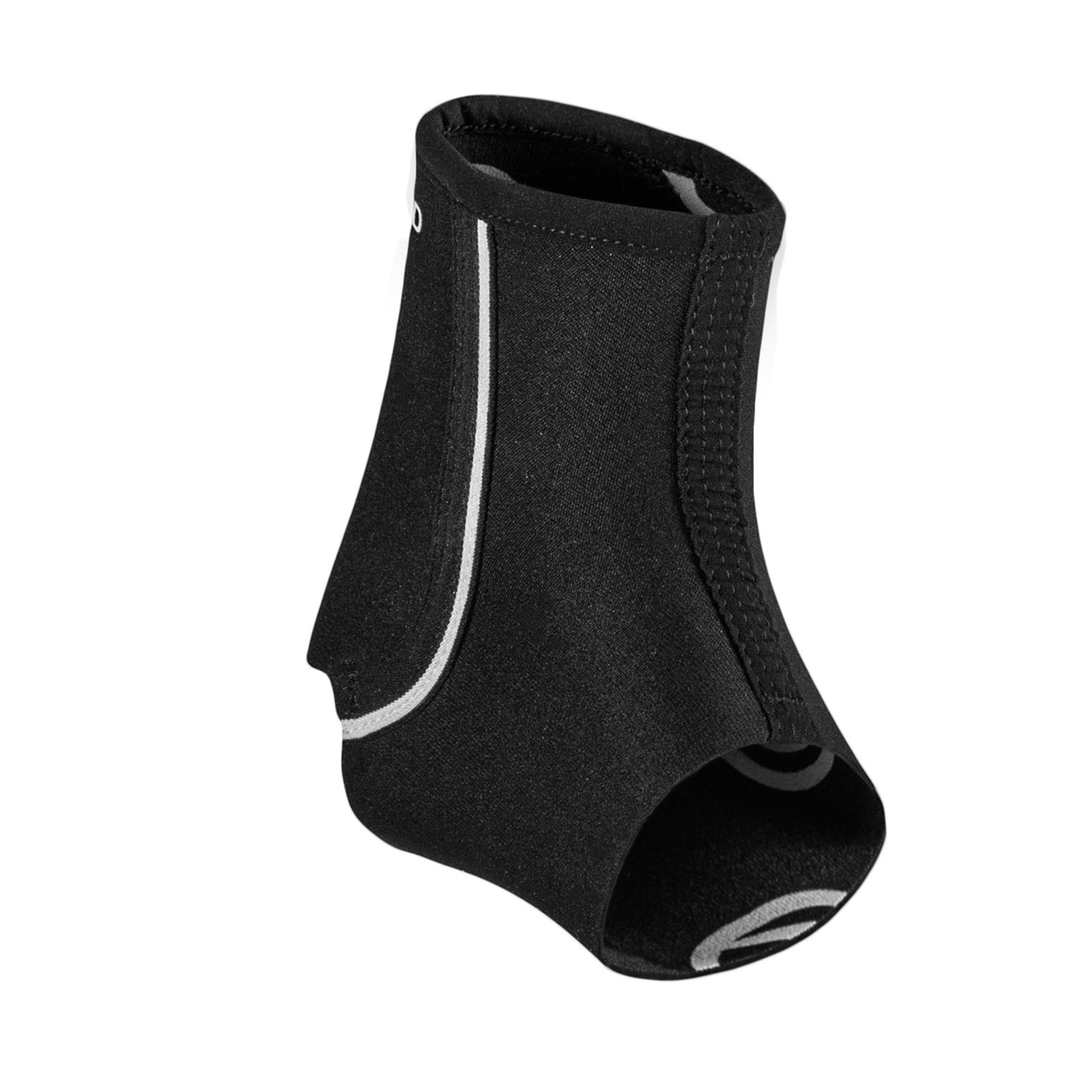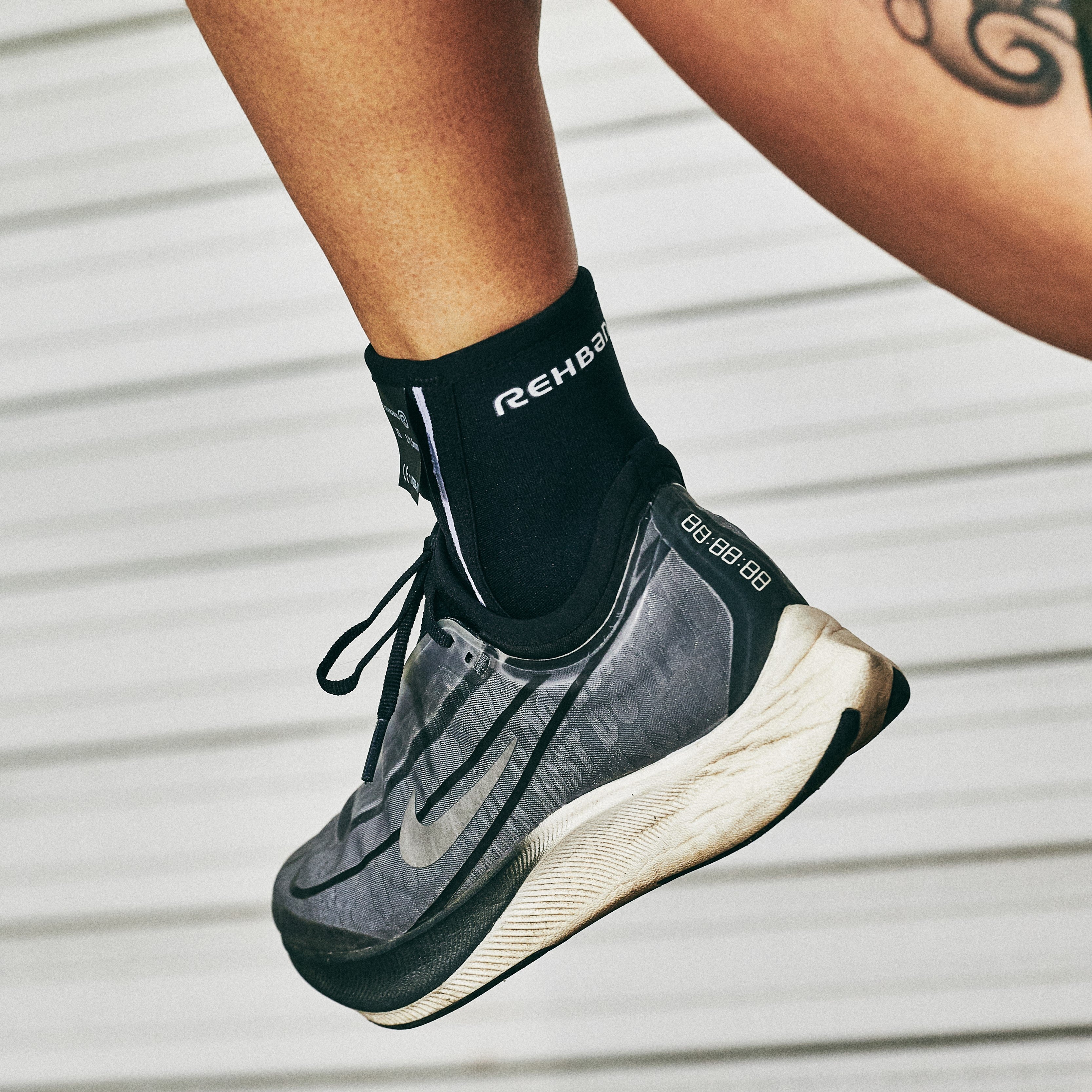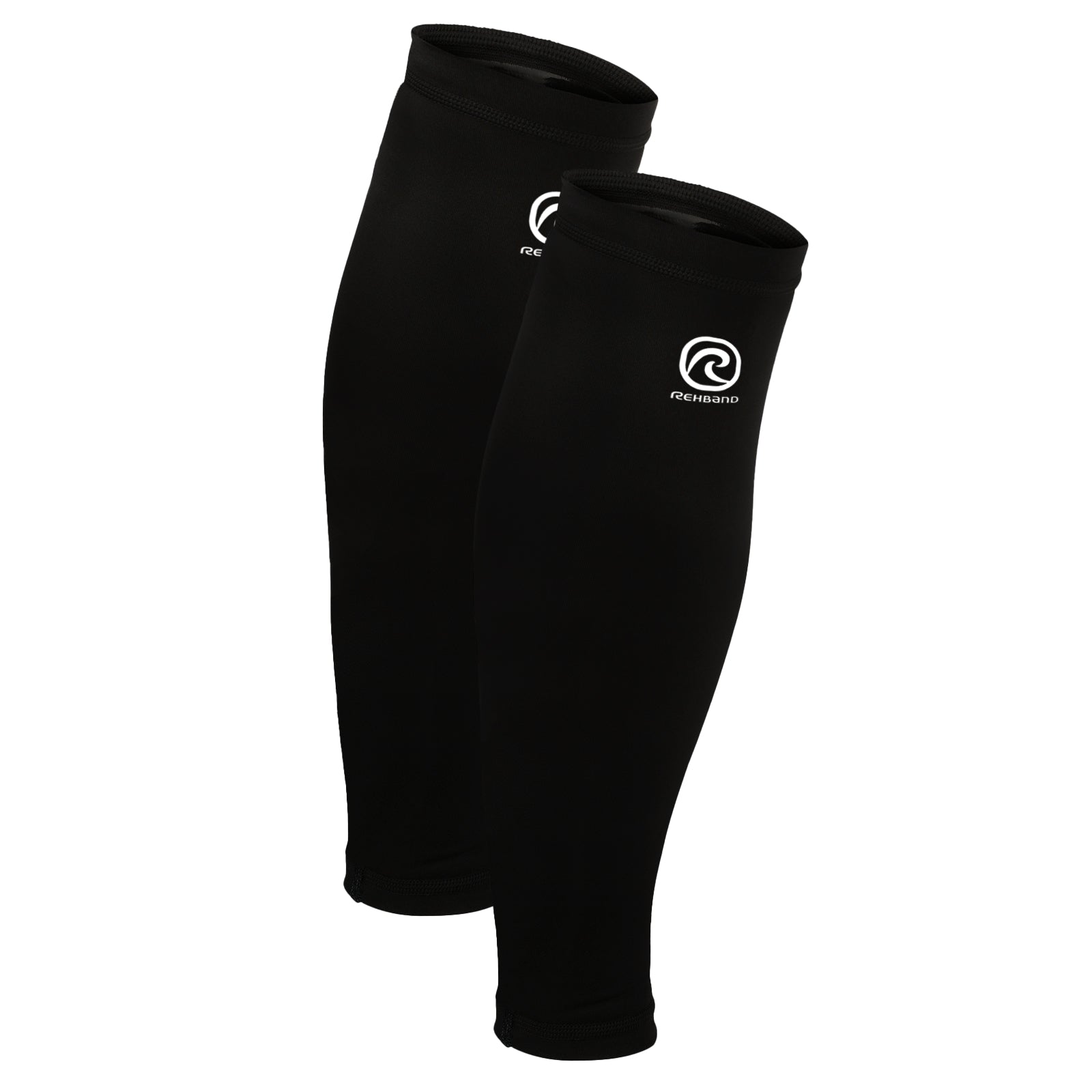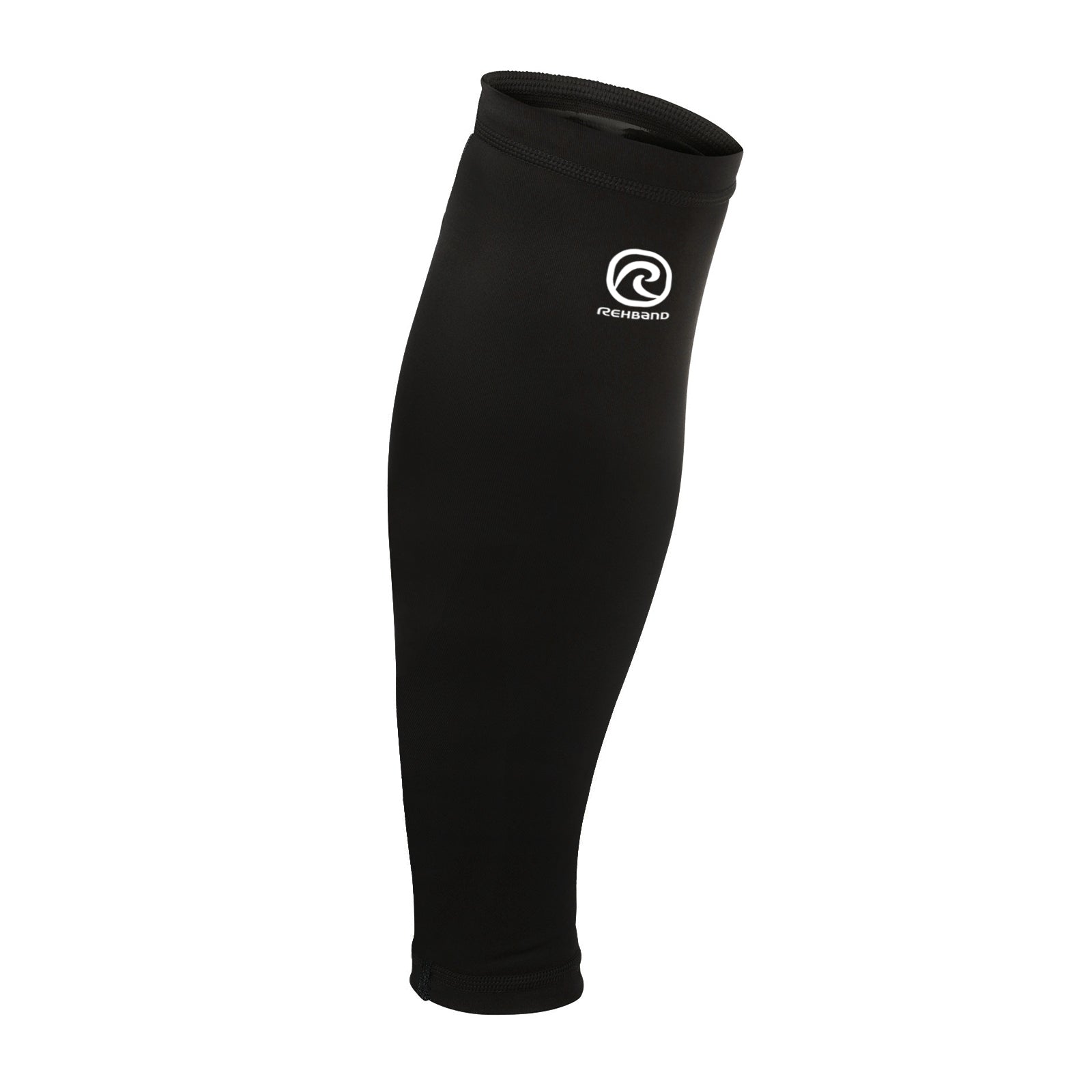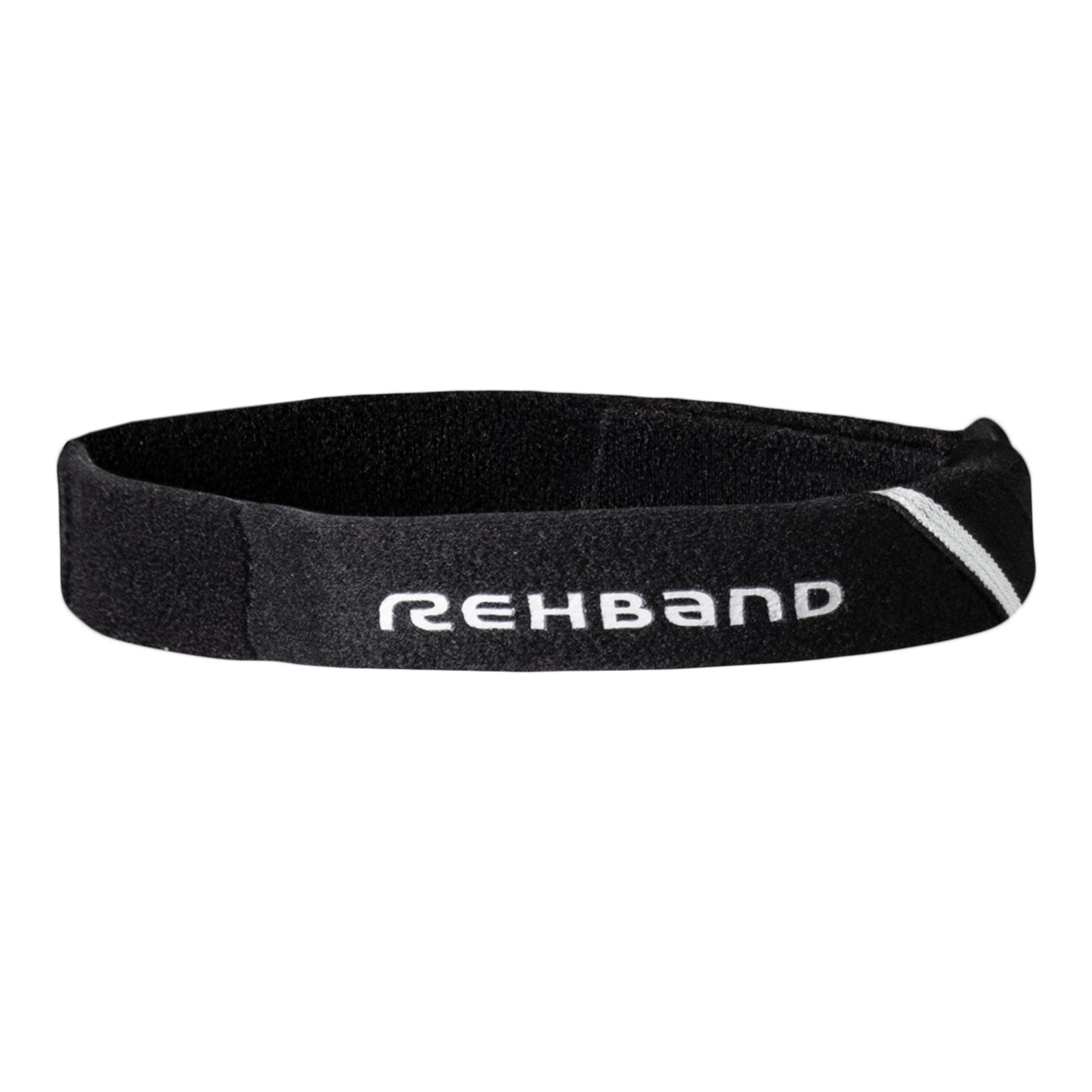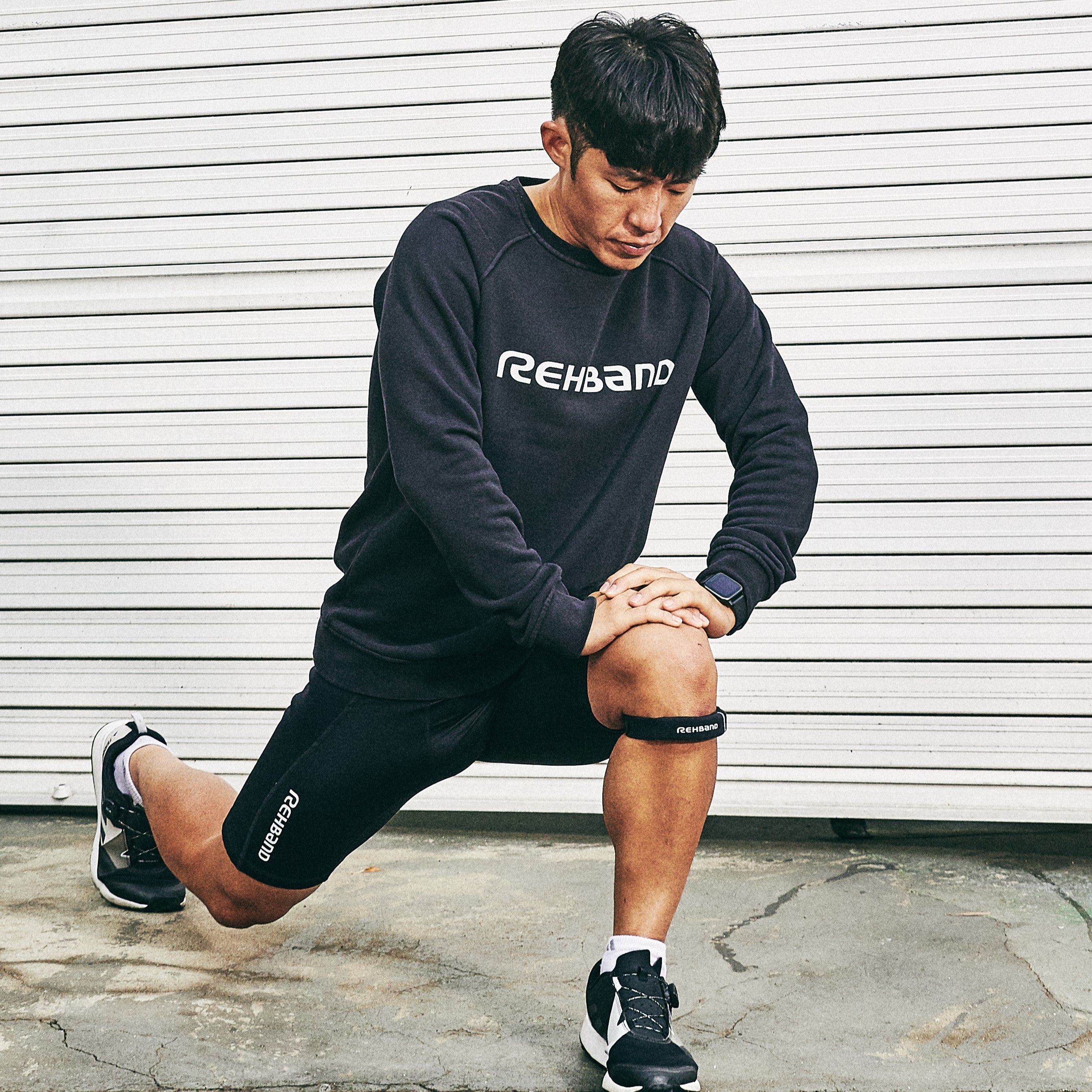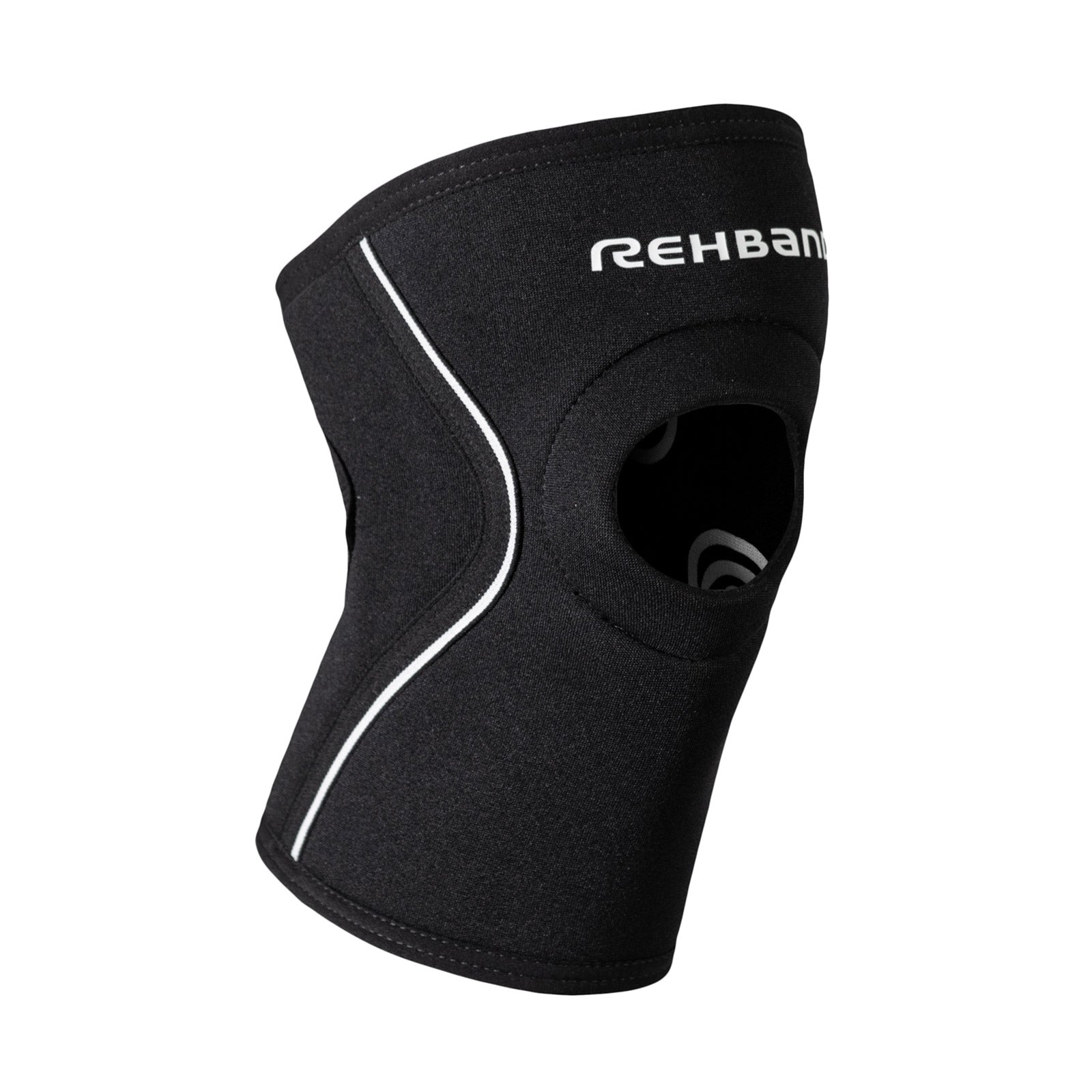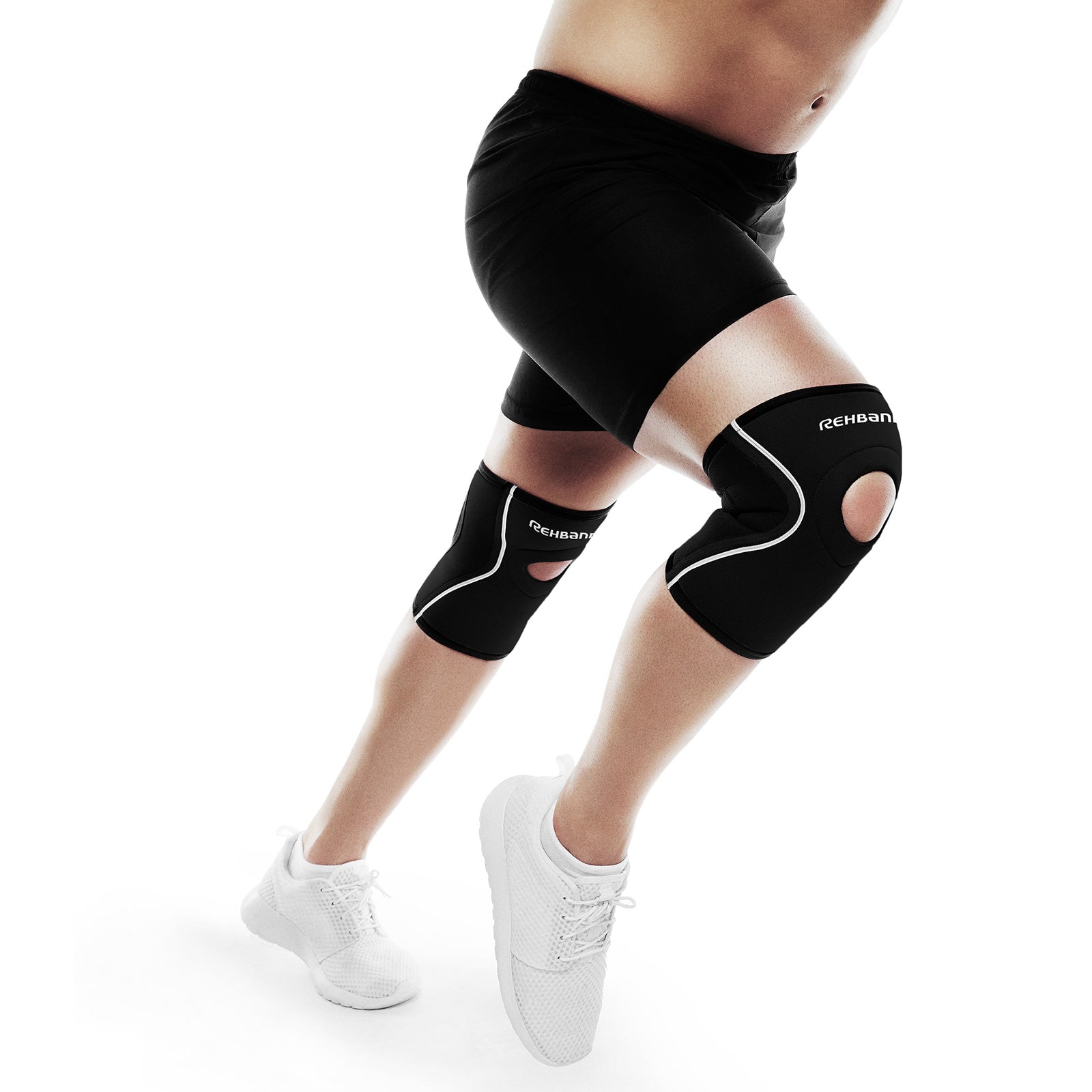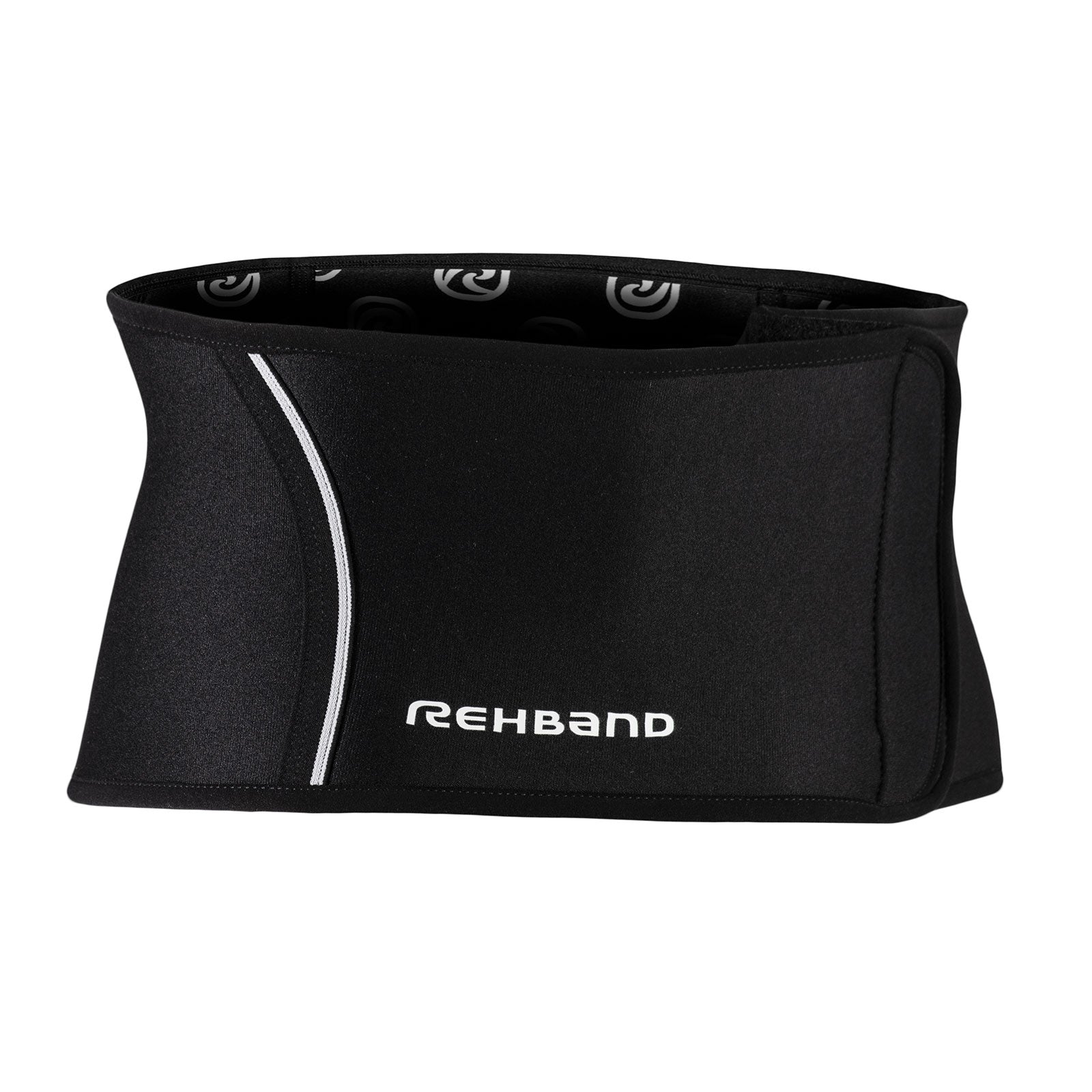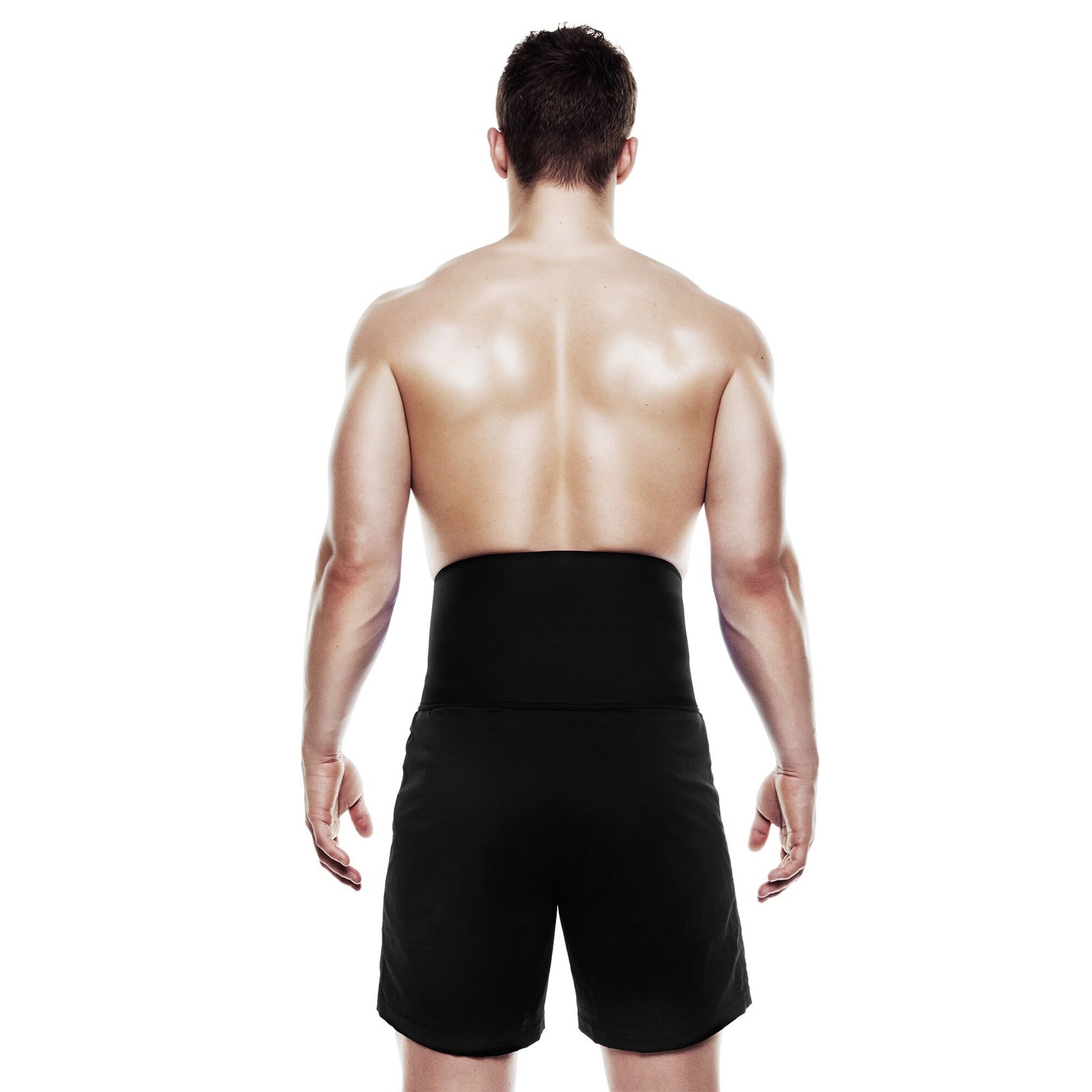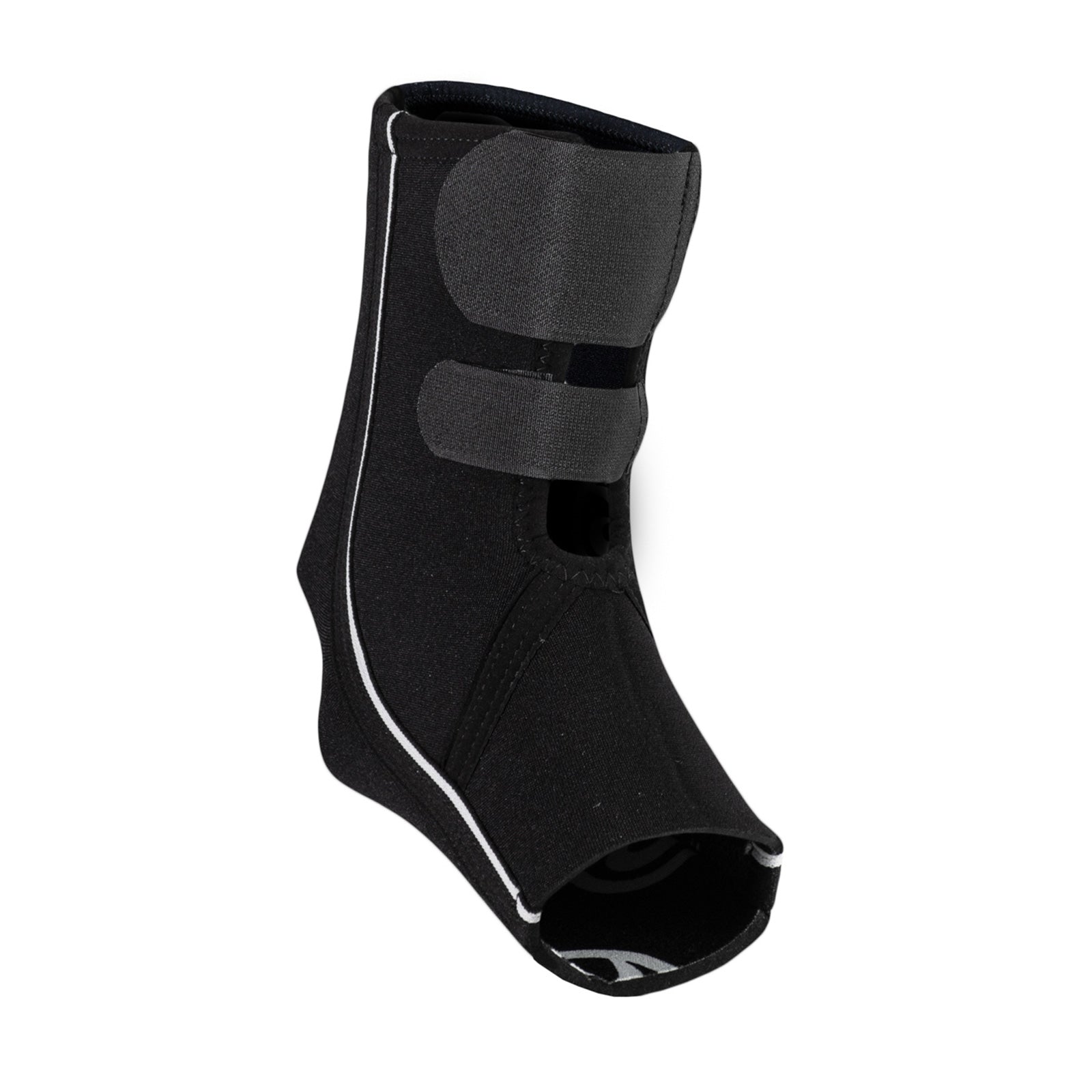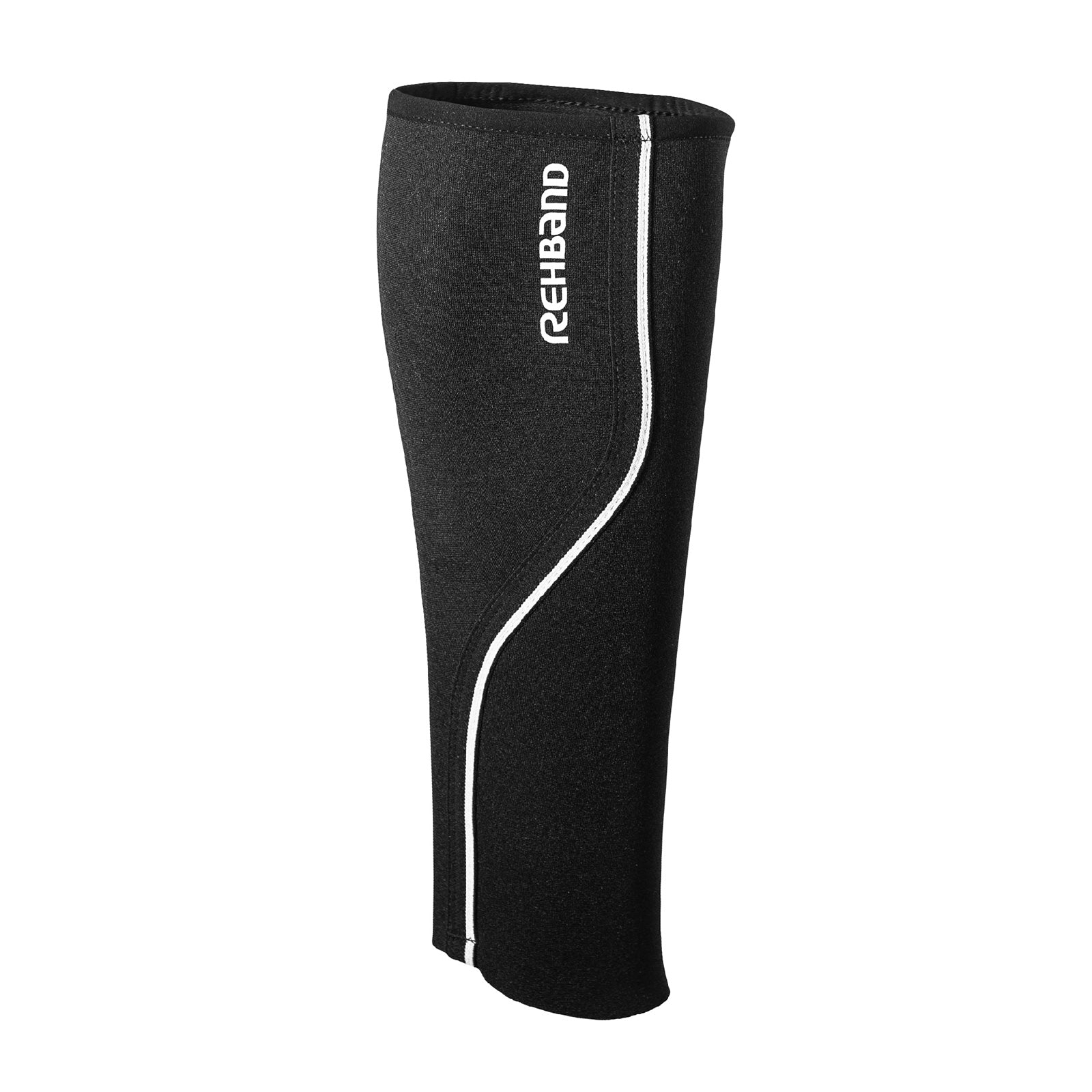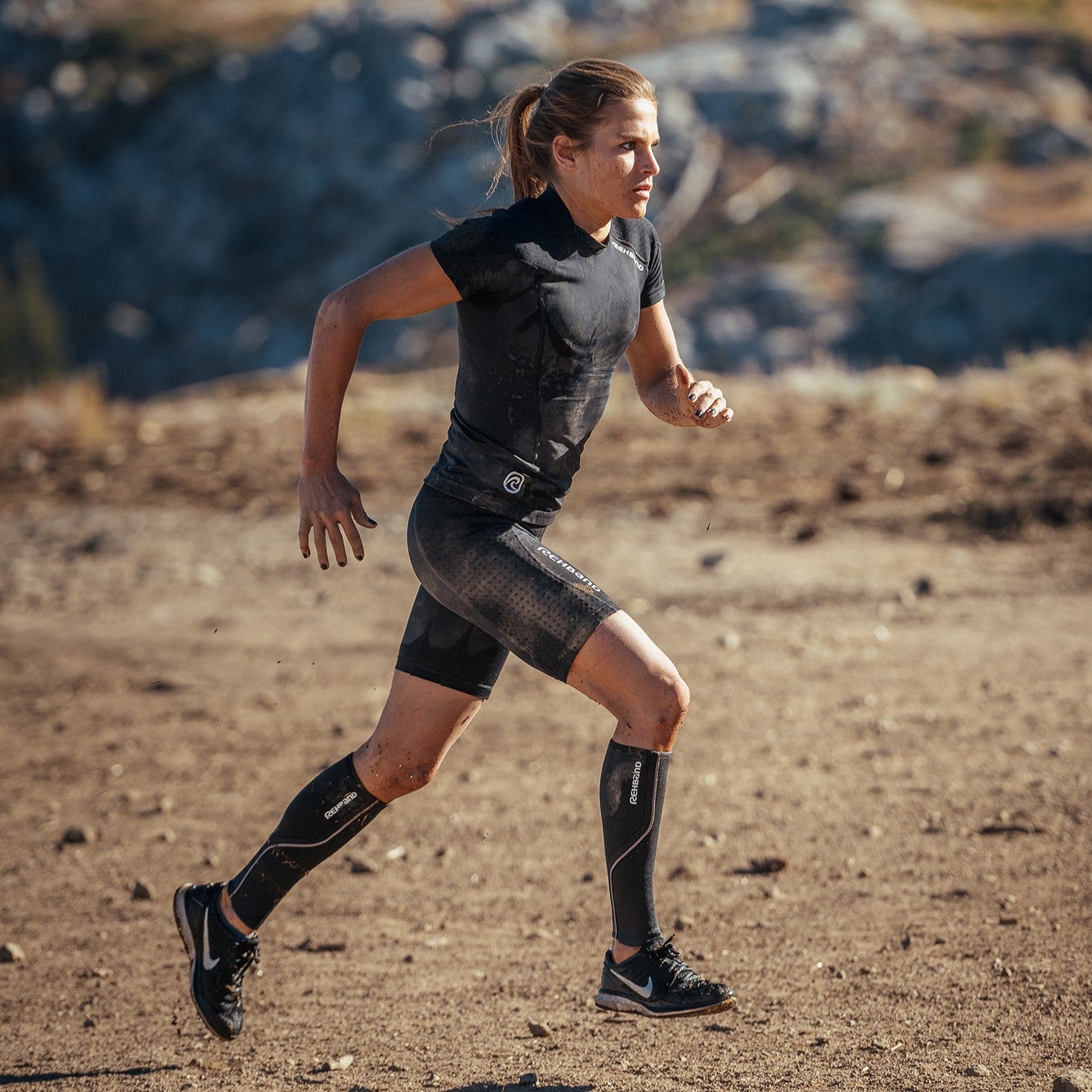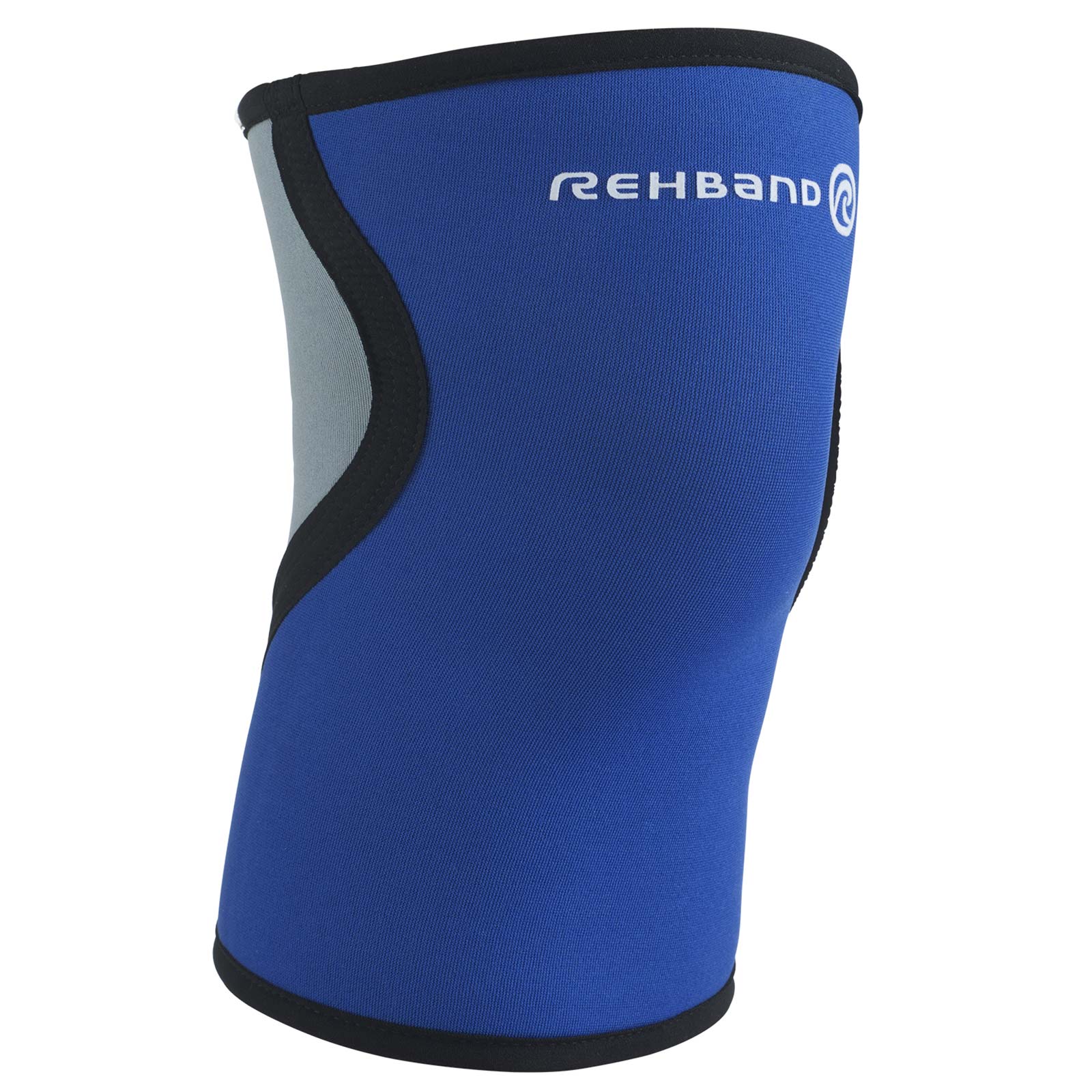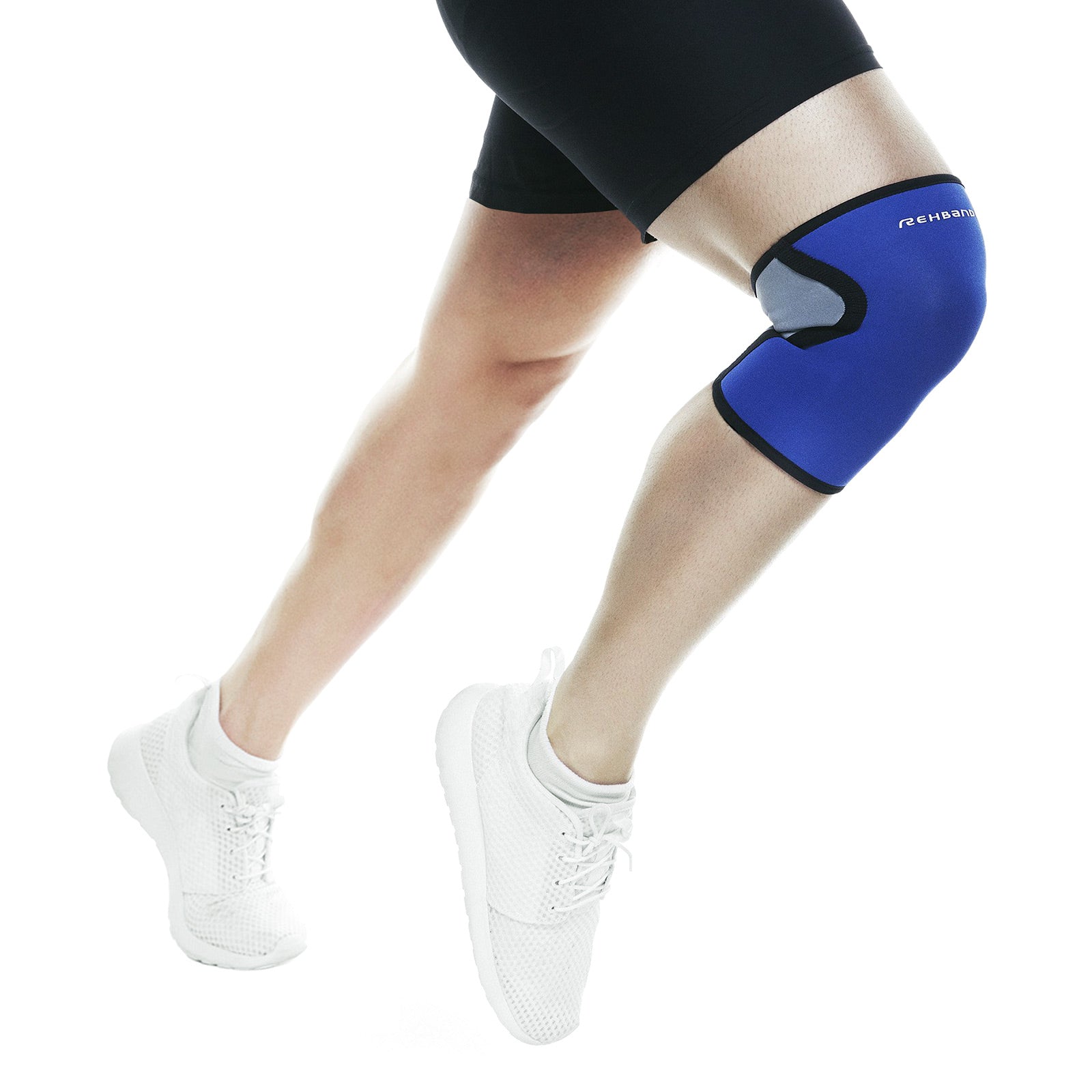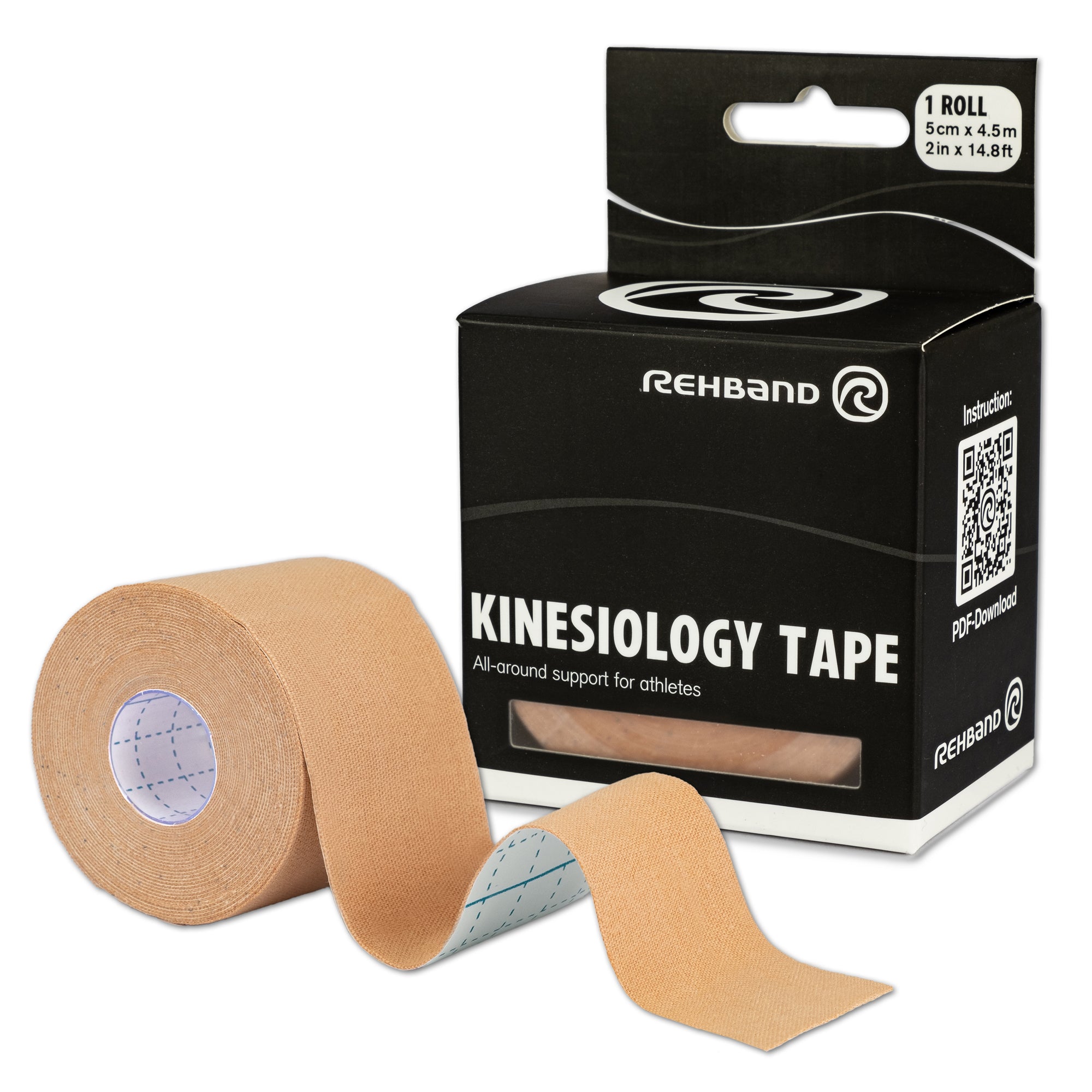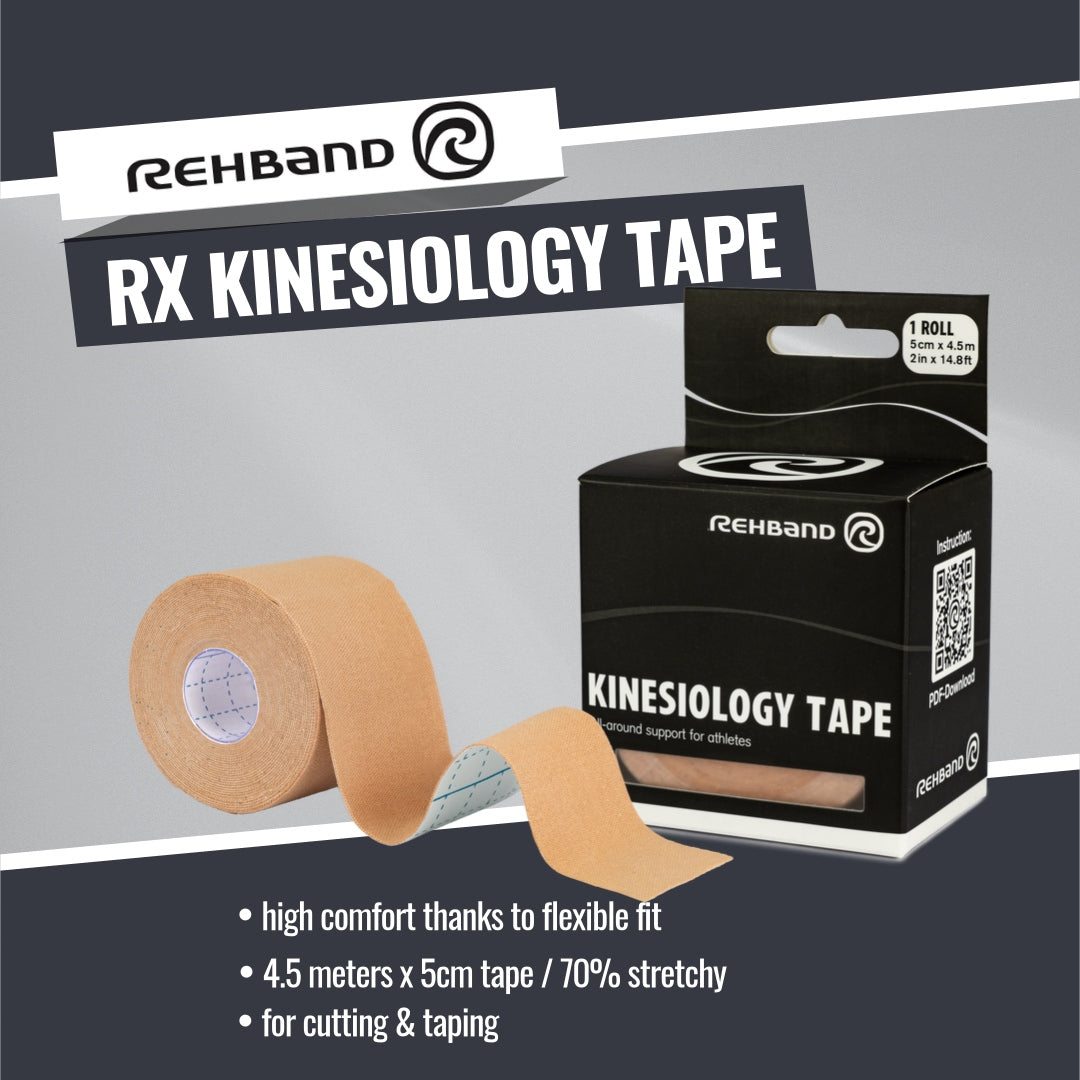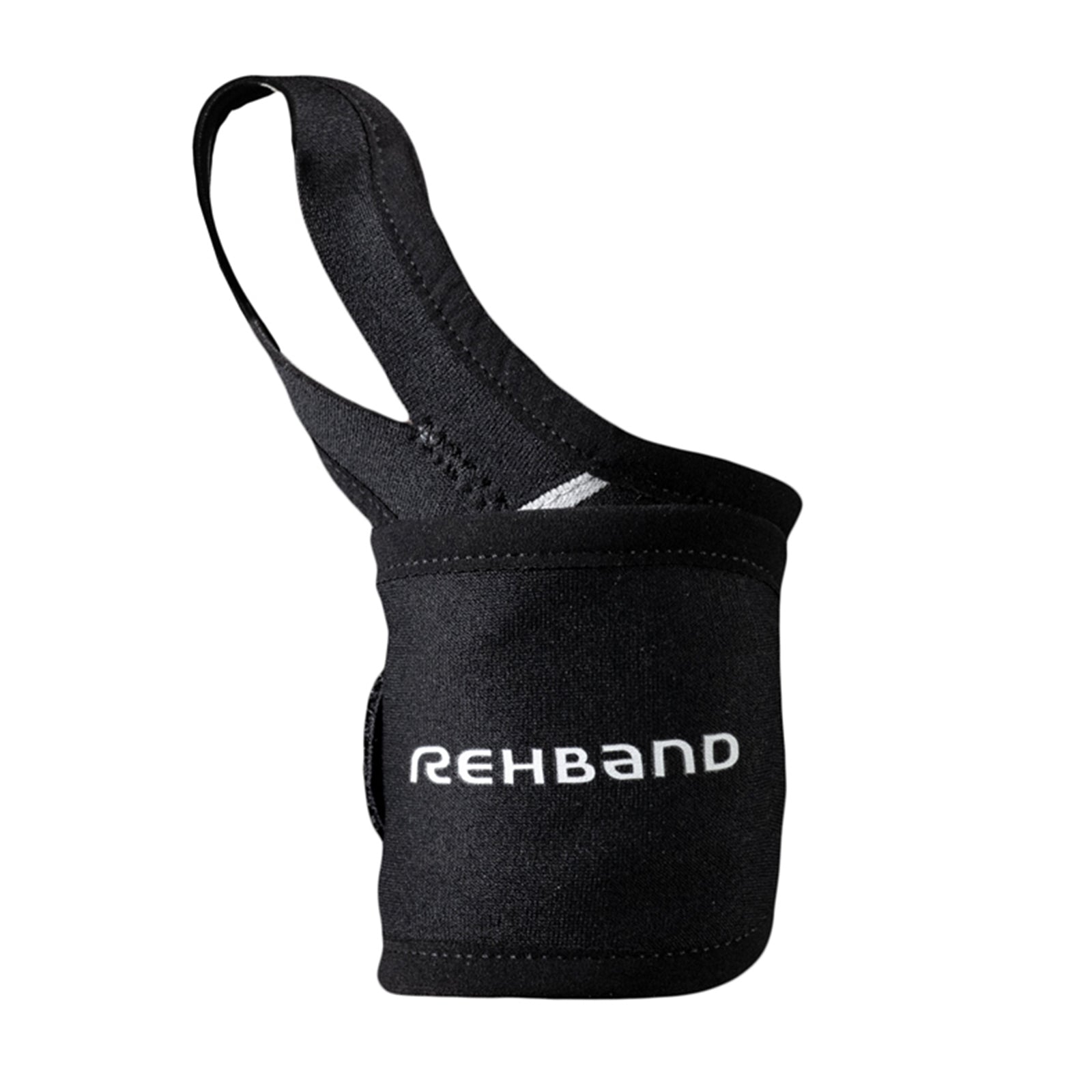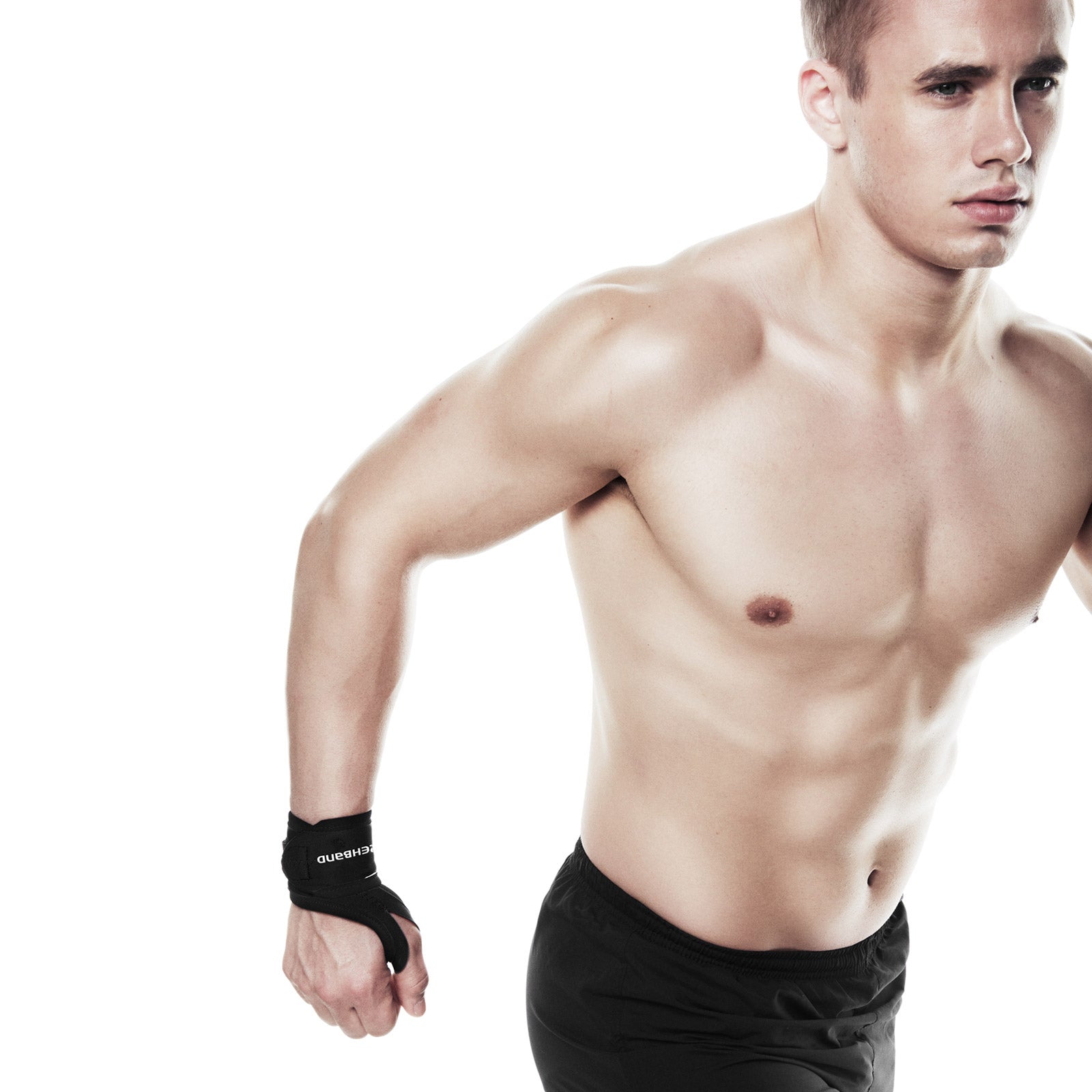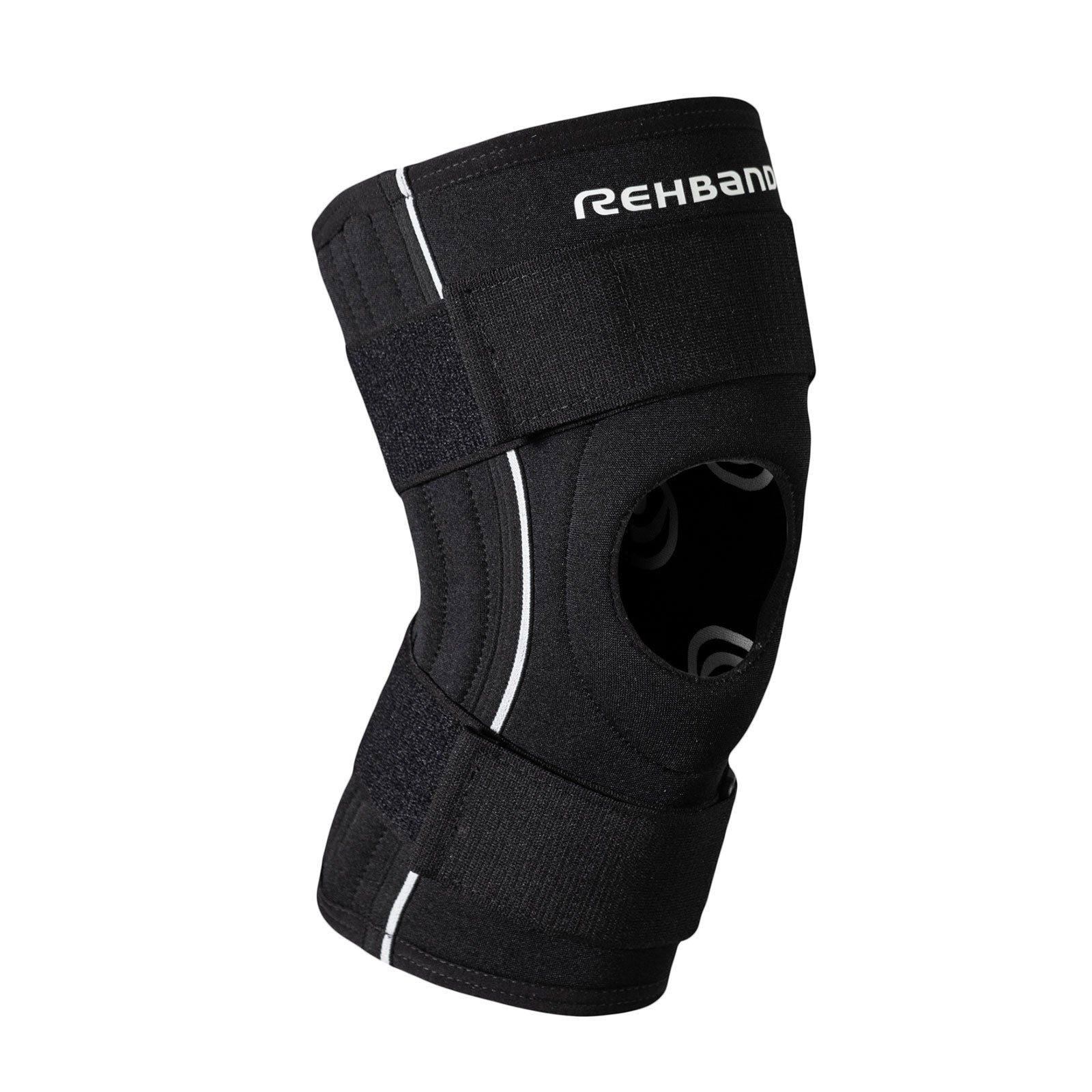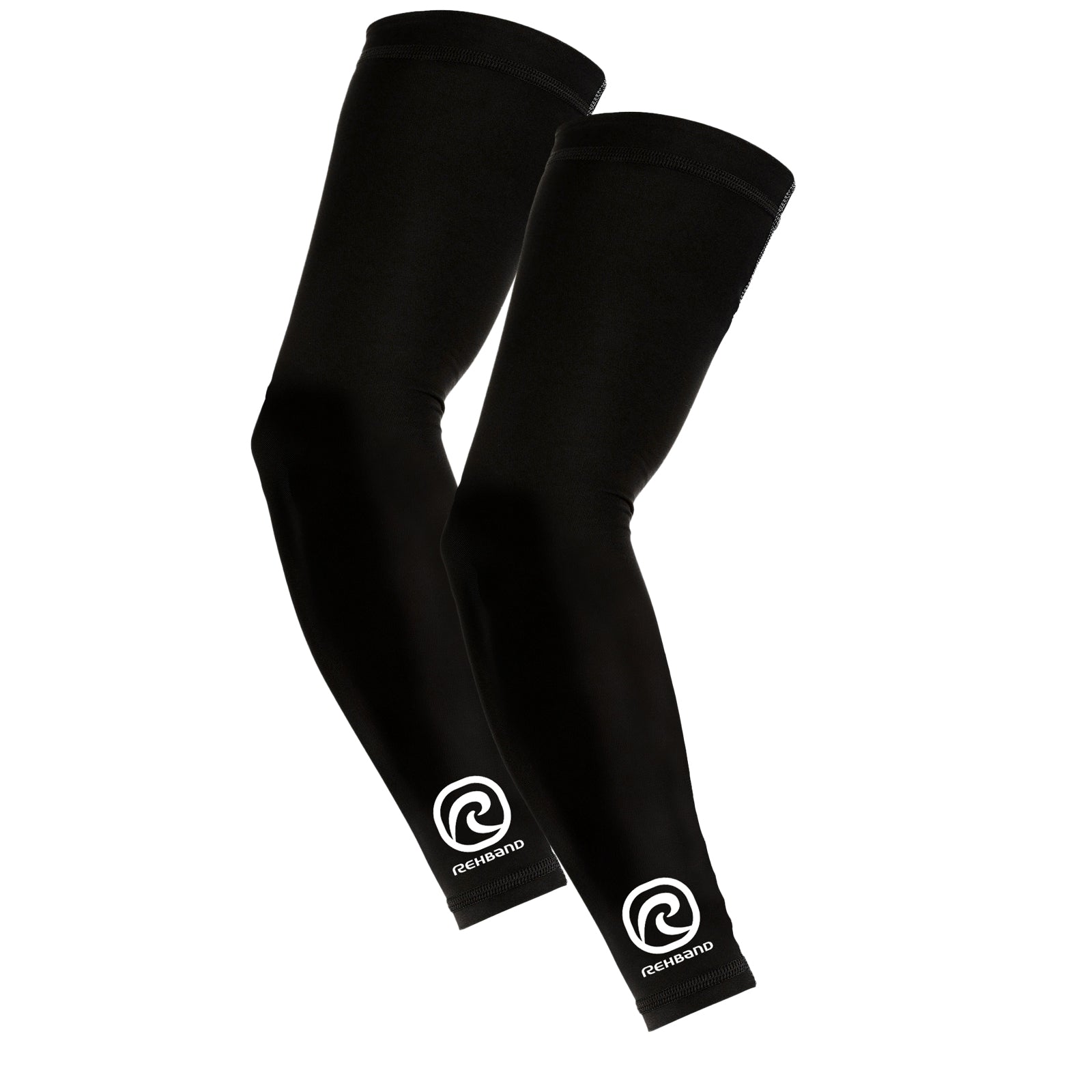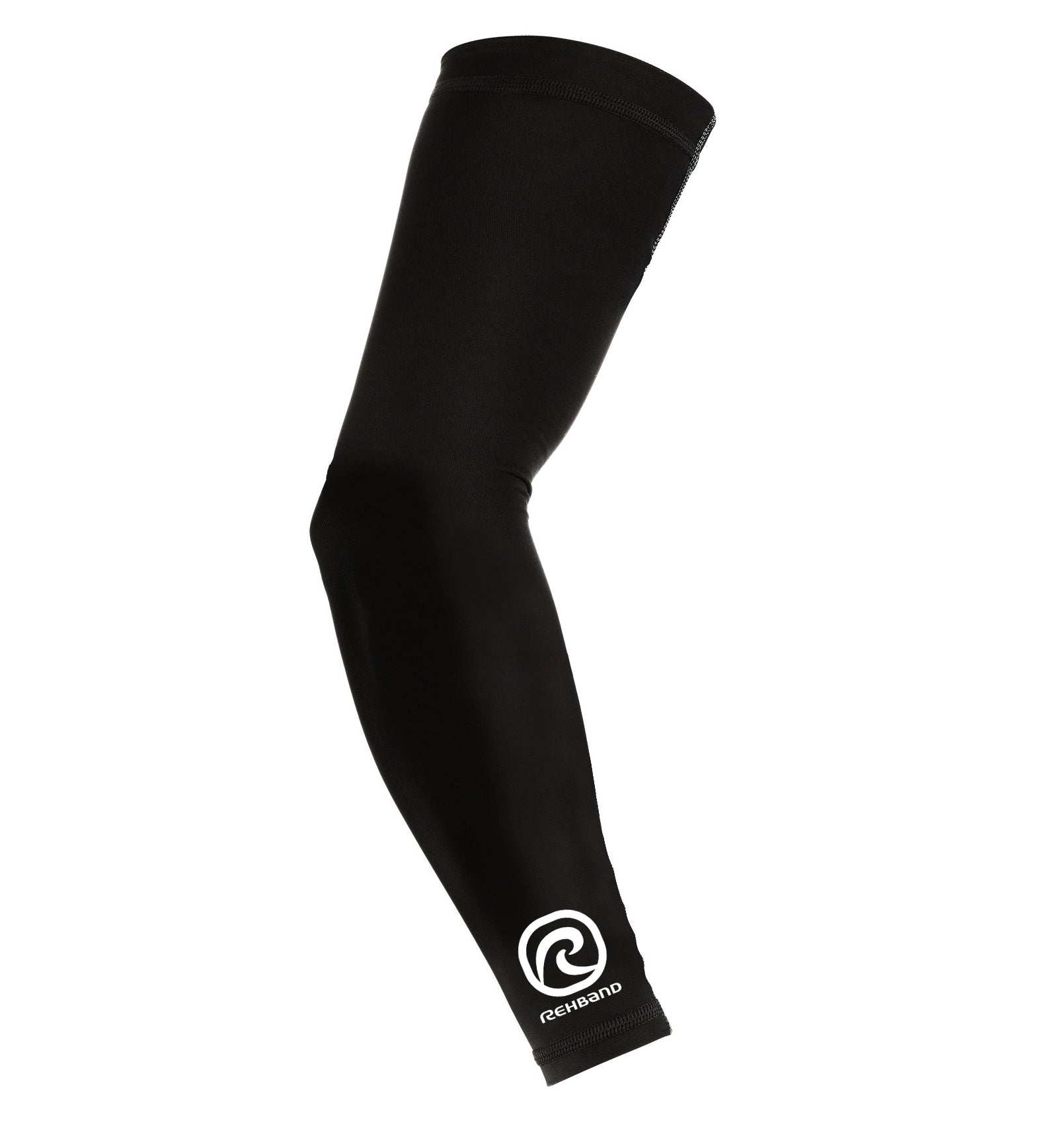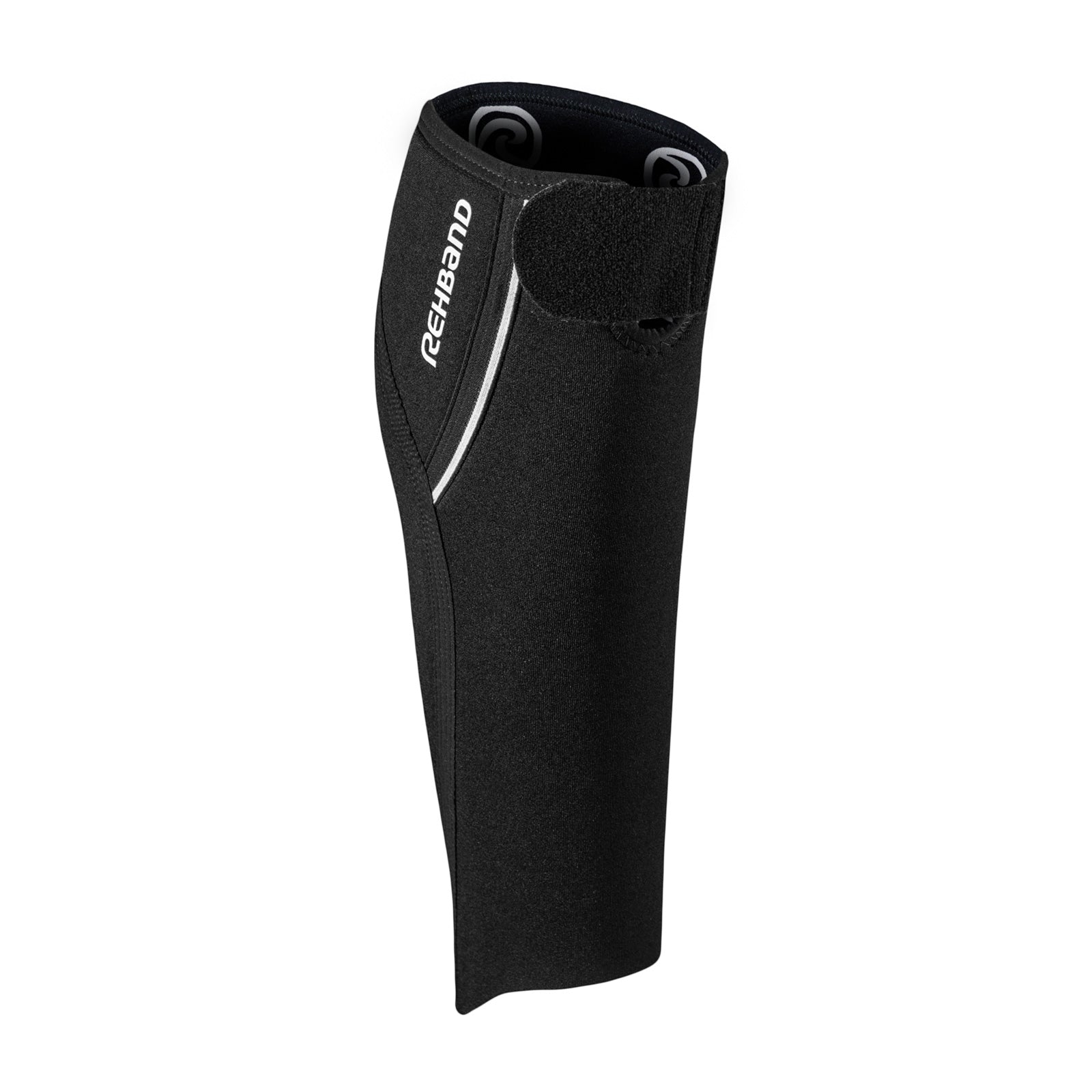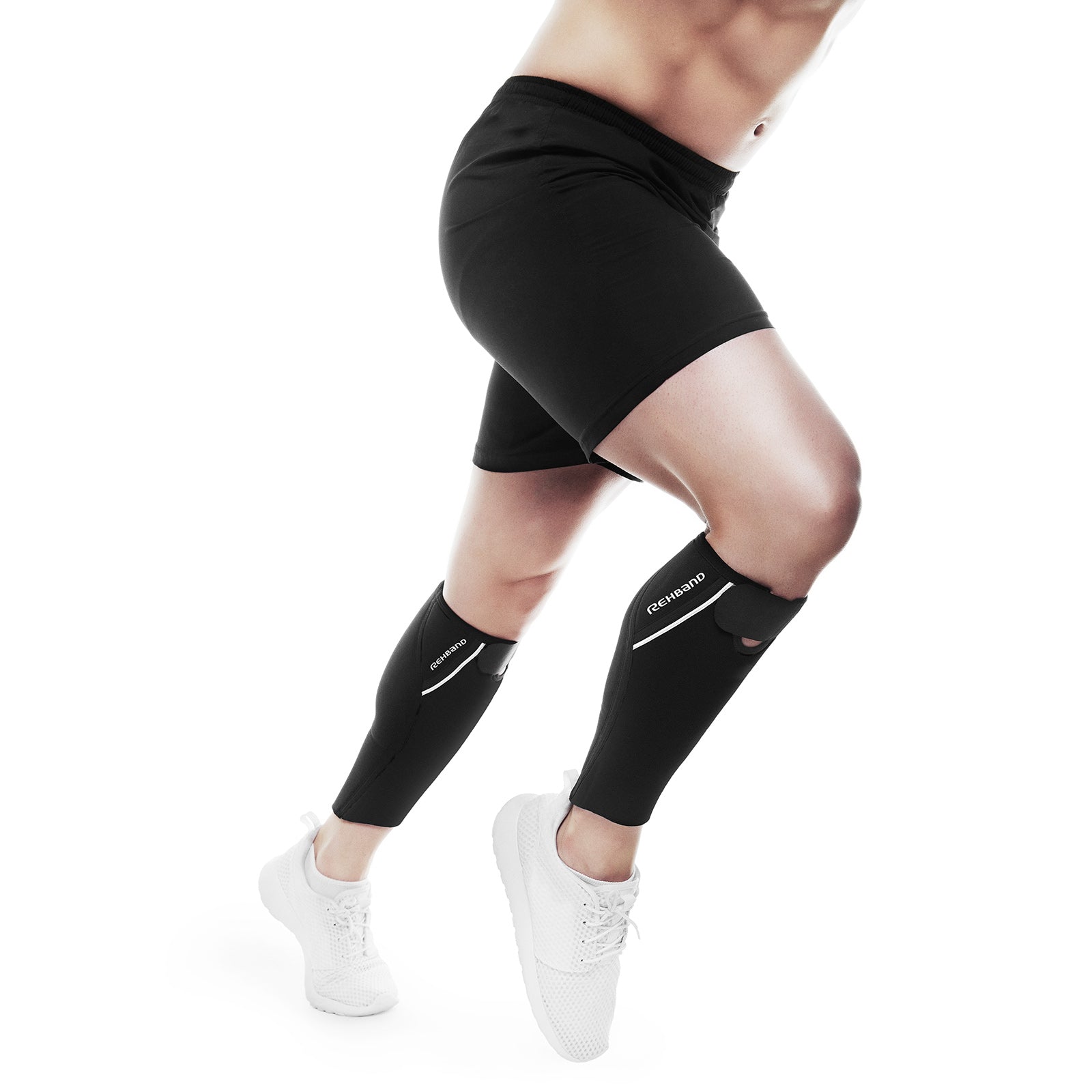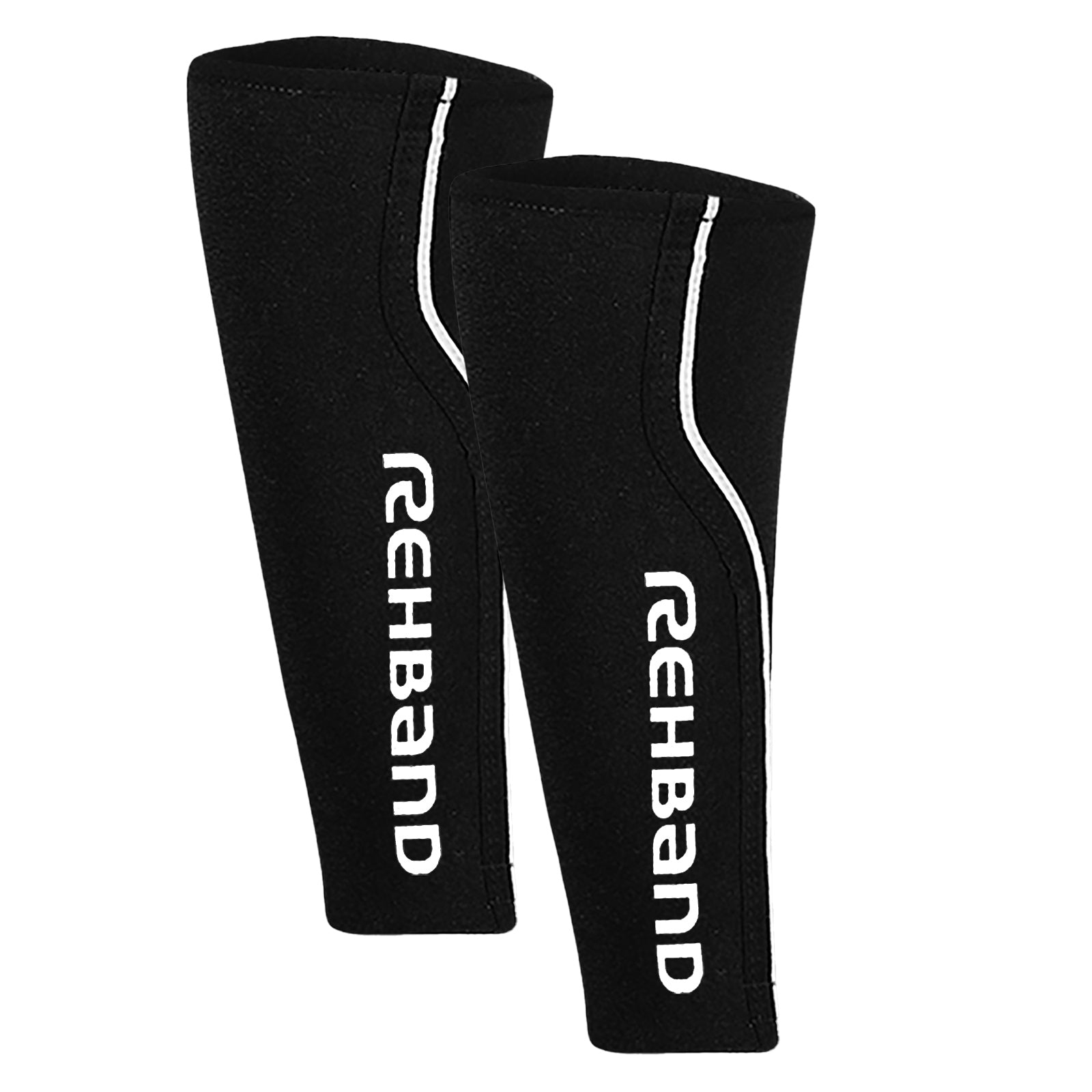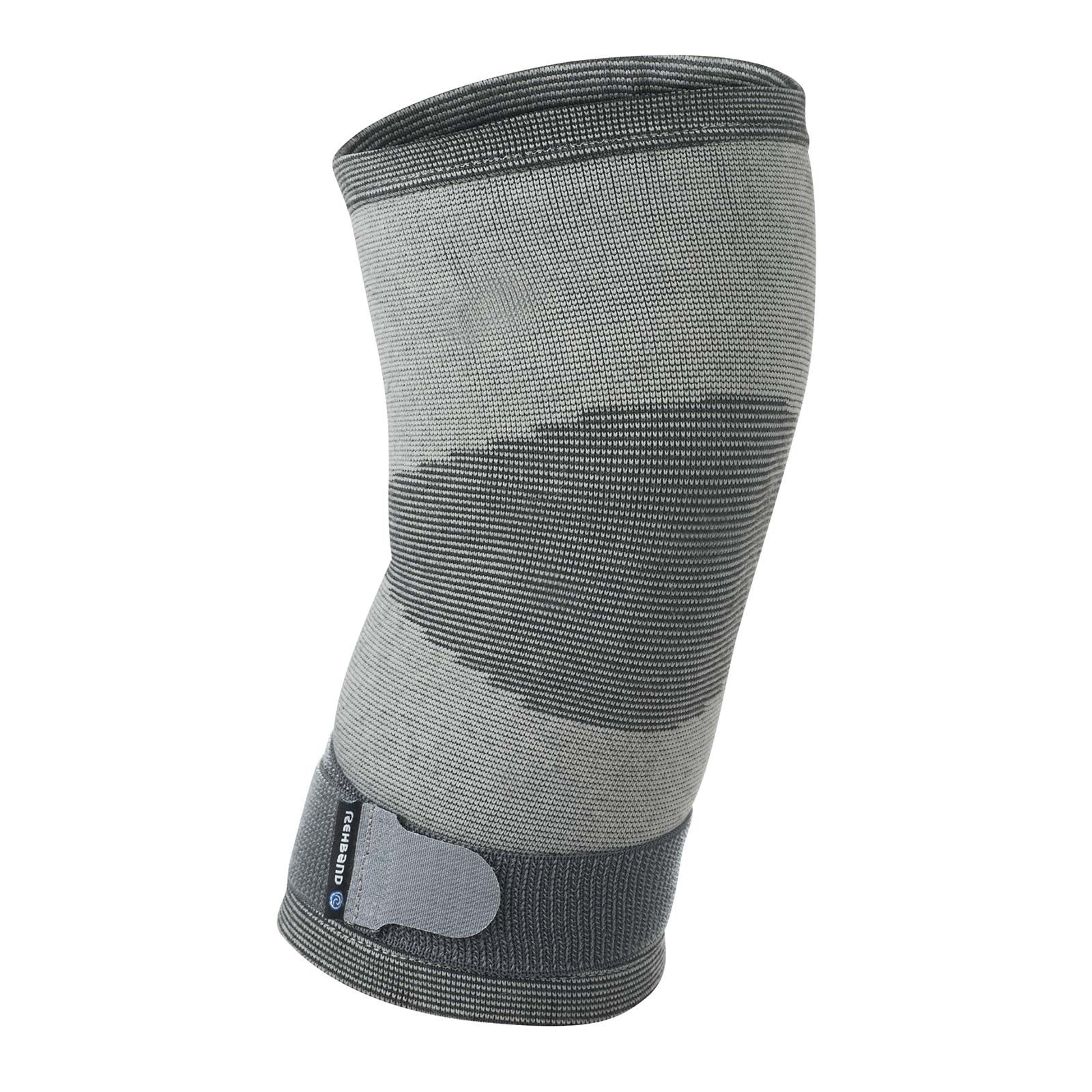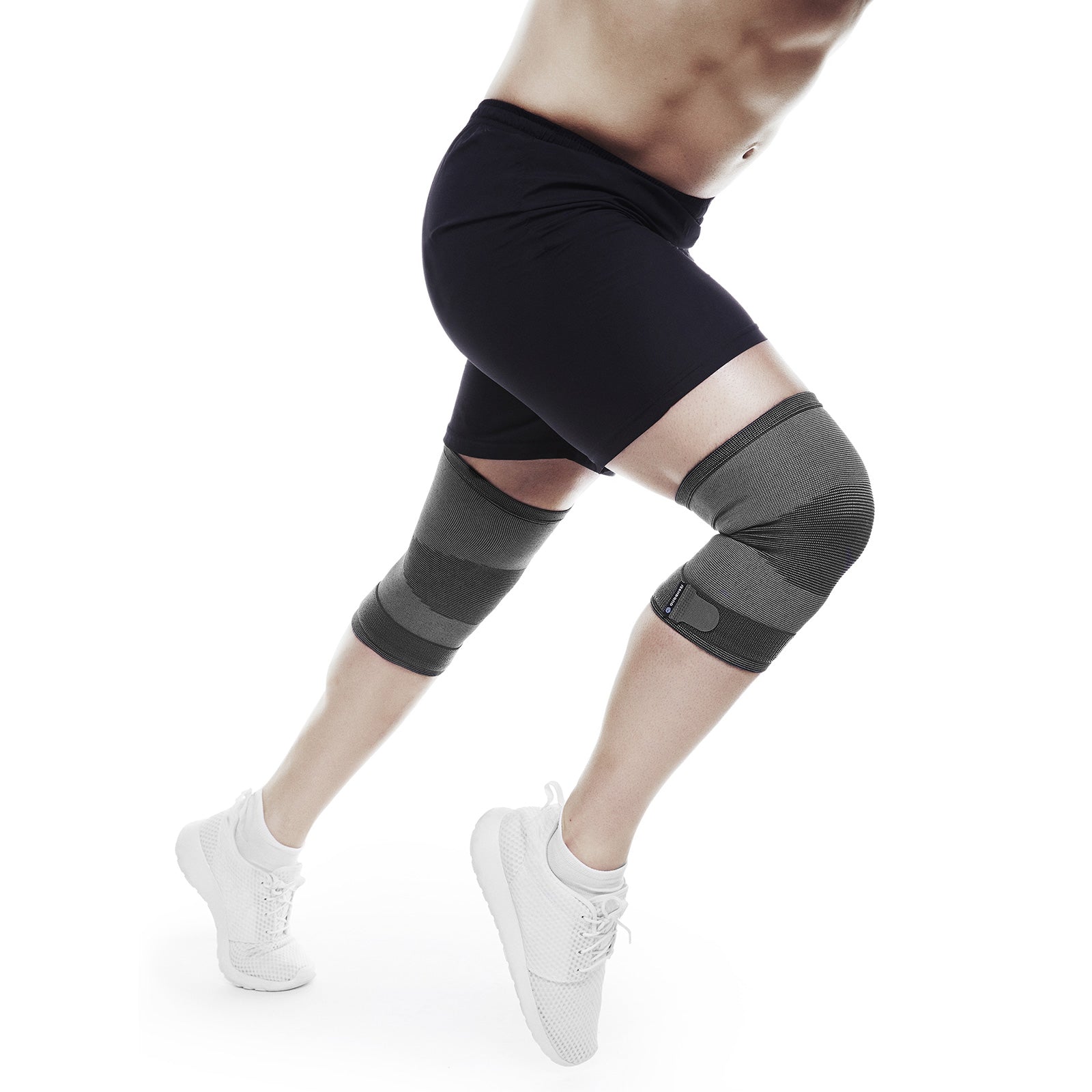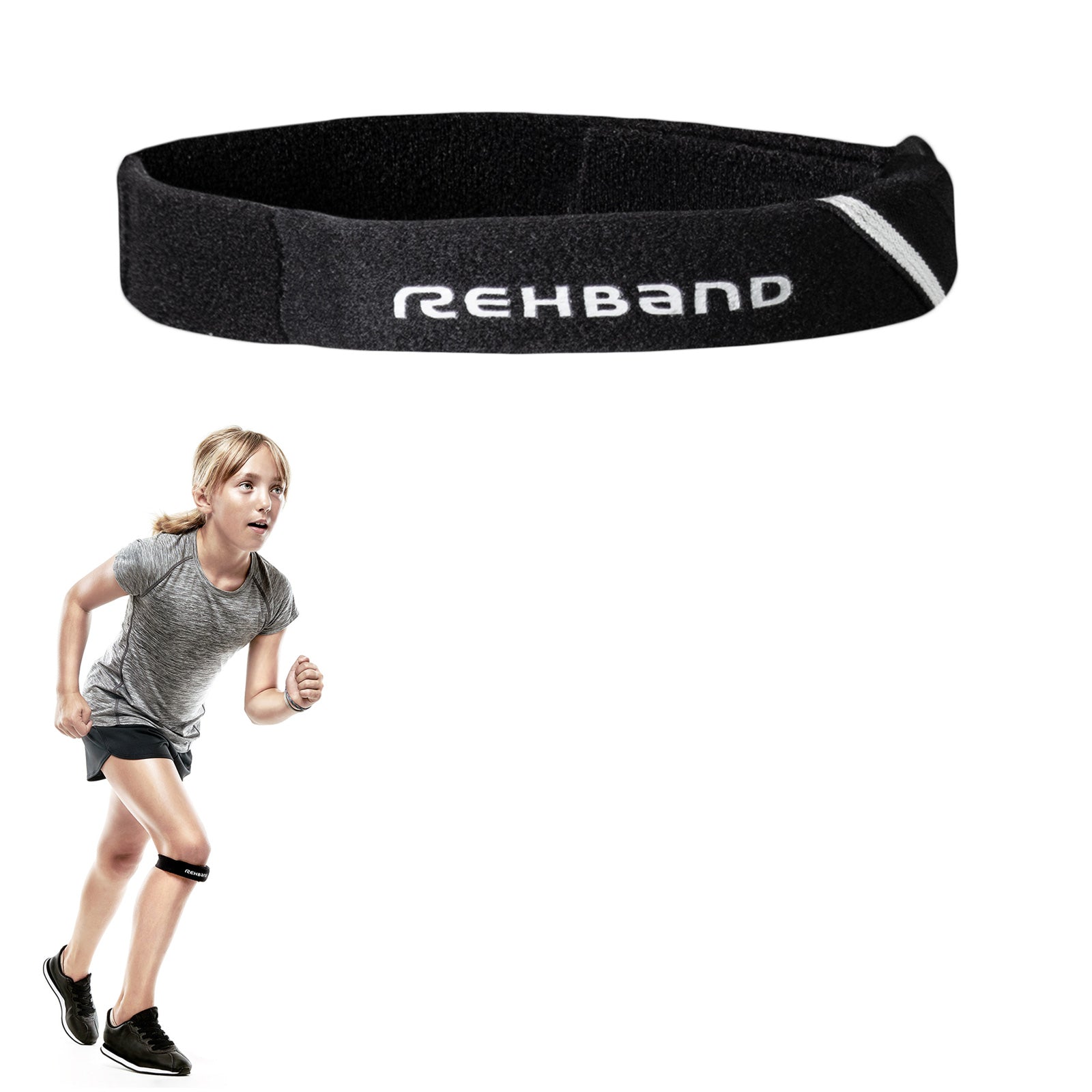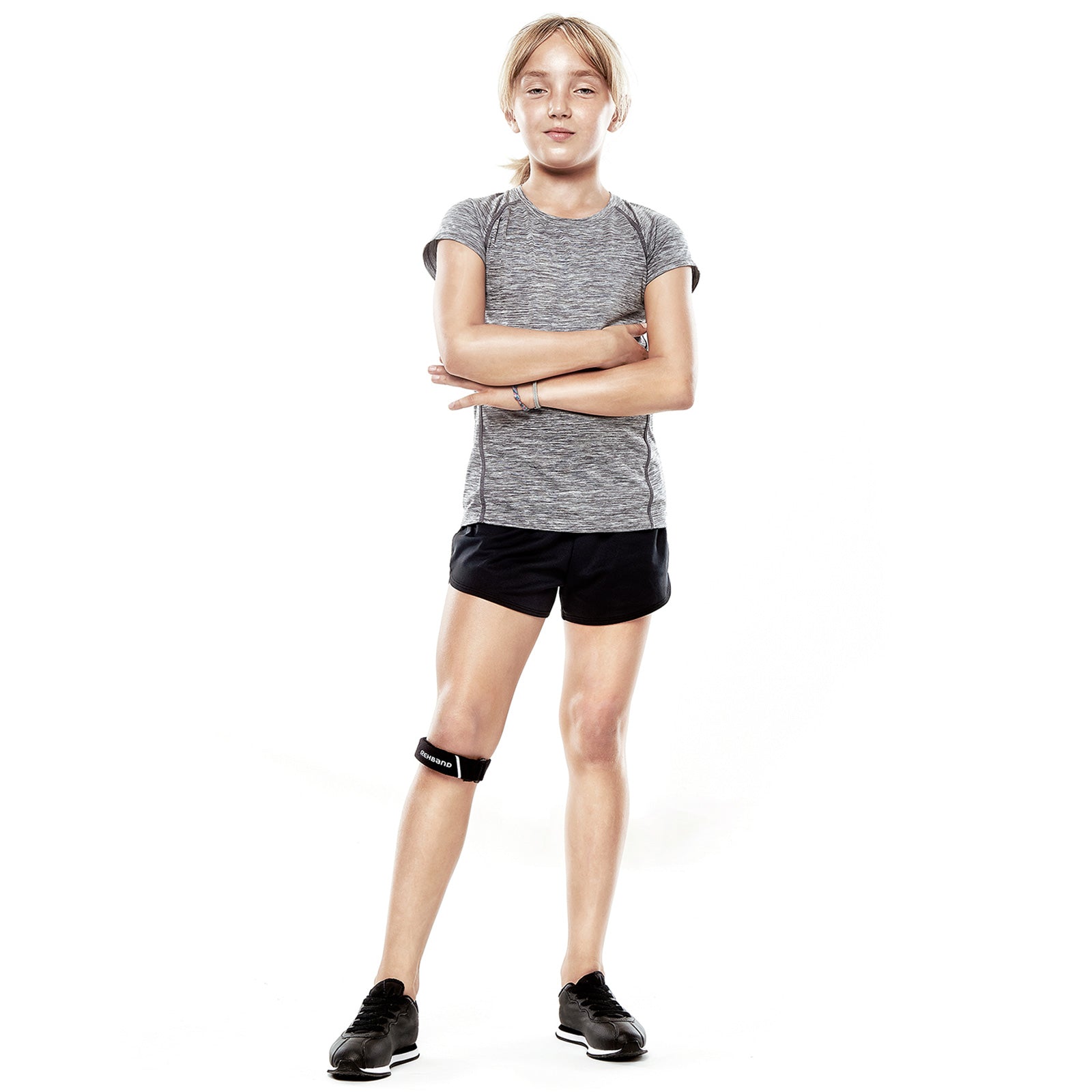Cycling
When mountain biking and road biking, the most common injuries are to the shoulders, elbows, knees and hands. Head wounds, abrasions, bruises and broken bones are not uncommon after a fall. Use specially developed sports supports from Rehband to protect yourself from sports injuries on your next tour and to relieve particularly stressed body parts. Further details below.
Filters
20 products
Promote optimal blood circulation & keep your muscles warm. Cycle pain free
Cycling always looks so uncomplicated. Just get on your bike and let's go. Regardless of whether you actively participate in bicycle races, make trails unsafe with your mountain bike, undertake long bicycle hikes or are on the road as a hobby cyclist - unfortunately you are never immune to injuries. These range from minor scrapes to open wounds to broken bones. Such sports injuries are always painful, but with the appropriate equipment you can alleviate pain, or ideally avoid injuries completely.
Cycling bandages can provide fast and reliable pain relief because they promote better circulation, for example. But it's best not to let it get that far in the first place and wear your bandage preventively, so you won't be slowed down by an injury in the first place. The following supports could be a help for your cycling:
- Wrist Sports Supports - A sports support on the wrist, gives your wrist stability and can, for example, mitigate a sprain in a fall. A ride through hilly terrain causes some problems in the long run: After a long tour, your wrists may ache from the vibrations to which they have been exposed. If you don't give your joints a rest, you can develop tendonitis, which can be very painful. With a wrist brace that is ergonomic and fits snugly, you can offer your wrist additional stability and thus relief. Nothing would then stand in the way of another bike ride.
- Elbow Sports Supports - Elbow supports can help you if your elbow joints have been overstrained by the vibrations of biking. Or if you have suffered a bruise on your elbow after a fall from your bike, a sports bandage for the elbow will help you. Correctly applied, the brace supports your injured joint and significantly dampens vibrations that occur during the ride.
- Shoulder Sports Supports - A sports support for the shoulder can serve both as a precaution (prevention), as well as pain relief after an injury, or support and perhaps even accelerate the healing process. Why prevention, you ask? Whether we want to admit it or not, we're all getting older. And the older you get, the more wear and tear occurs in your shoulder joints, also called the capsular apparatus. In particular, the continuous stresses that can occur while cycling promote wear and tear. That's why it's important to protect your shoulders. You can do this by wearing a shoulder brace if you notice an overload after a long tour in rough terrain, but don't feel like taking a break. Then just put on your shoulder brace for a few days while cycling and do yourself some good. You'll need the pain relief effect if it actually happened and you dislocated or even dislocated your shoulder in a bike crash. Many active athletes are familiar with this type of sports injury, know about the risk of chronic secondary diseases of the shoulder and use the pain-relieving and stabilizing effect of shoulder supports for their recovery.
- Knee sleeves - The knee sleeve is especially known among sporting mountain bikers. They often wear such cycling sleeves as prophylactic protection against bruises or skin abrasions or also as a sports support, or for compression, to stabilize and support the perhaps somewhat overloaded knee joint. Because your knees perform enormous work while biking and are heavily stressed. So treat your knees to an extra portion of protection.
Relieve your back and neck
While you are riding your bike off-road, you adopt the same posture for a longer period of time. This puts strain on your neck and back. To avoid overloading, your bike should be individually adjusted to you. With the correct adjustment of the saddle and handlebars, neck and back pain can be avoided. If neck pain does set in, it's helpful to adjust the handlebars higher and temporarily ride a little less athletically. You can also try a back brace and help your muscles to relieve themselves again. The back bandage helps you especially with painful tensions or counteracts them. Due to the warming effect of the bandage you can prevent unpleasant surprises, especially in the cold season, and prevent e.g. muscle tension.
For clever brains
Anyone who rides his bike knows: If you have a brain, protect it! A bicycle helmet prevents serious head injuries. High speeds lead to serious injuries with dire consequences in the event of a fall. A bicycle helmet should therefore fit well. When buying a helmet, also pay attention to good cushioning and ventilation, but also whether it is adapted for the terrain in which you move. Because a MTB helmet has different properties than a city bike helmet or a road bike helmet. The best thing is to go and ask the bike shop you trust.

